Vindolanda
Museum In Hexham, Northumberland
A Roman Fort, surrounding settlement and museum that has been gradually excavated over the past 50 years and the location of some of the most important Roman finds in history.
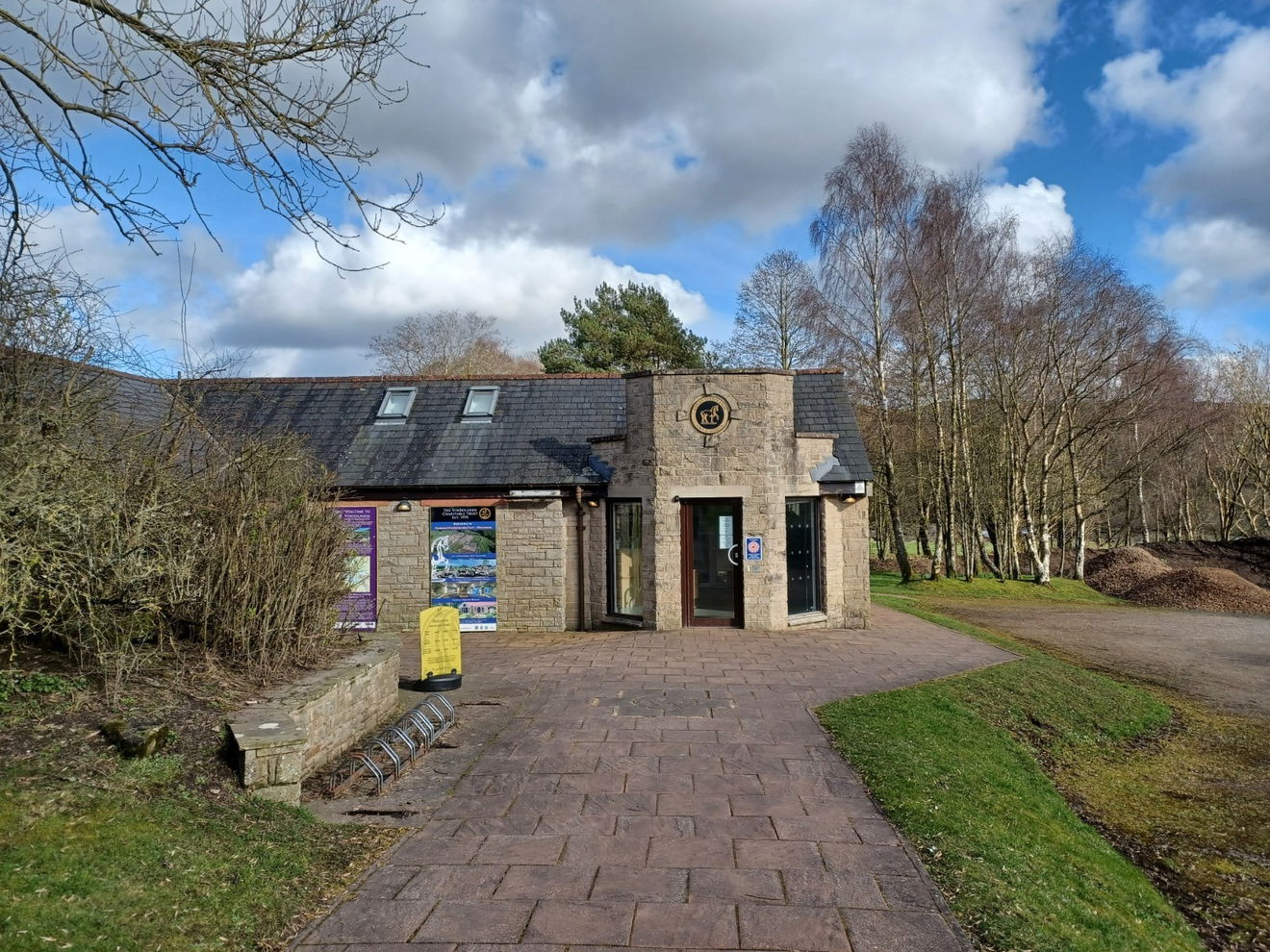
The first and probably last time I visited Vindolanda would have been in First School in the 1980s, so when we were having a few days break near Haltwhistle a few months back, we decided that it was time to revisit and see if much had changed in the last 40 years. I couldn't recall a huge amount about my previous visit but I think it is safe to say that there has been a massive change in those intervening years.
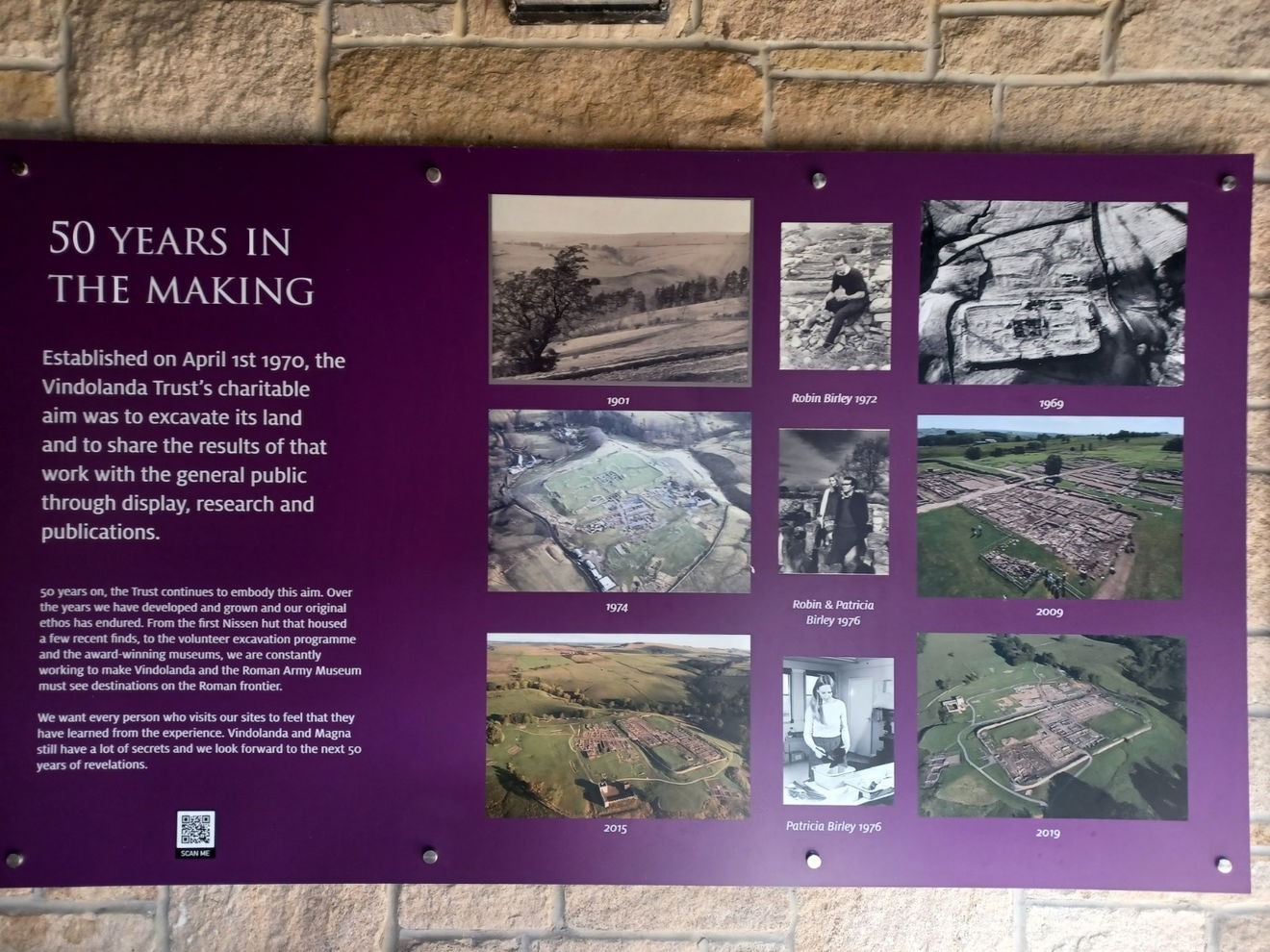
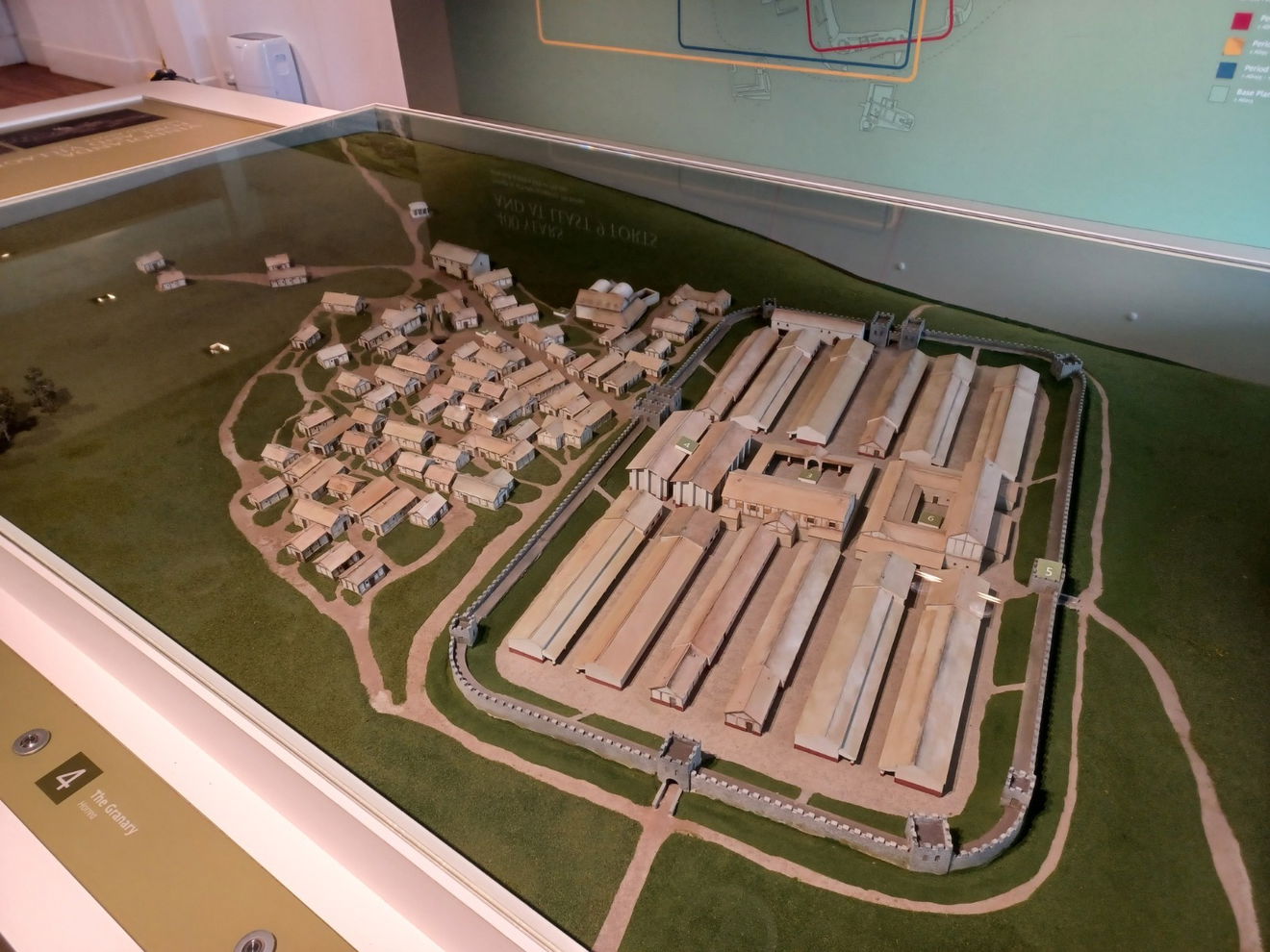
Vindolanda's story commences around 85 AD, predating the famed Hadrian's Wall by almost four decades. The Romans, consolidating control over recently conquered territories, established a network of forts along the Stanegate, a crucial Roman road connecting the River Tyne to the Solway Firth. Vindolanda, strategically situated near a natural spring, became one of these early outposts.
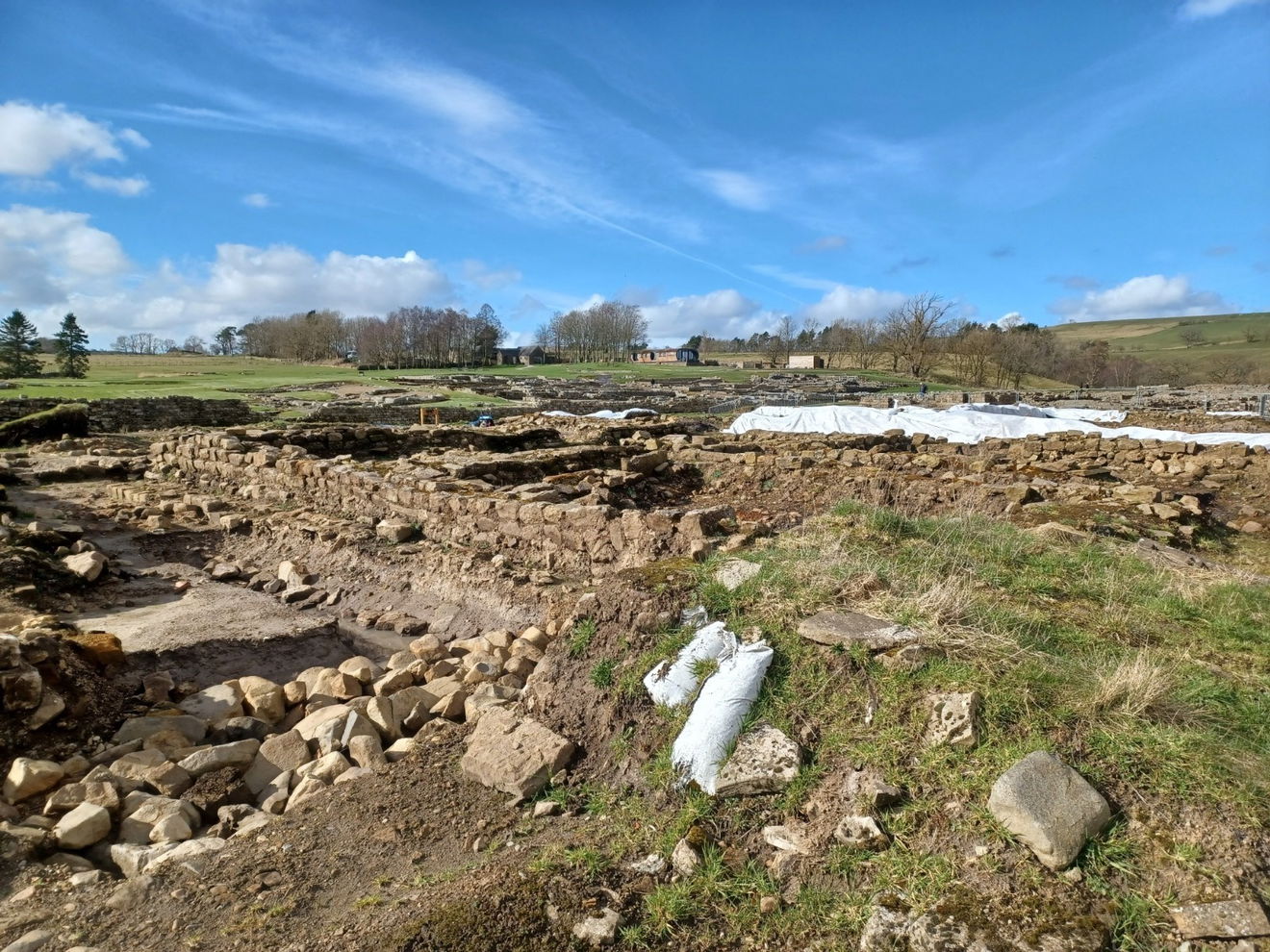
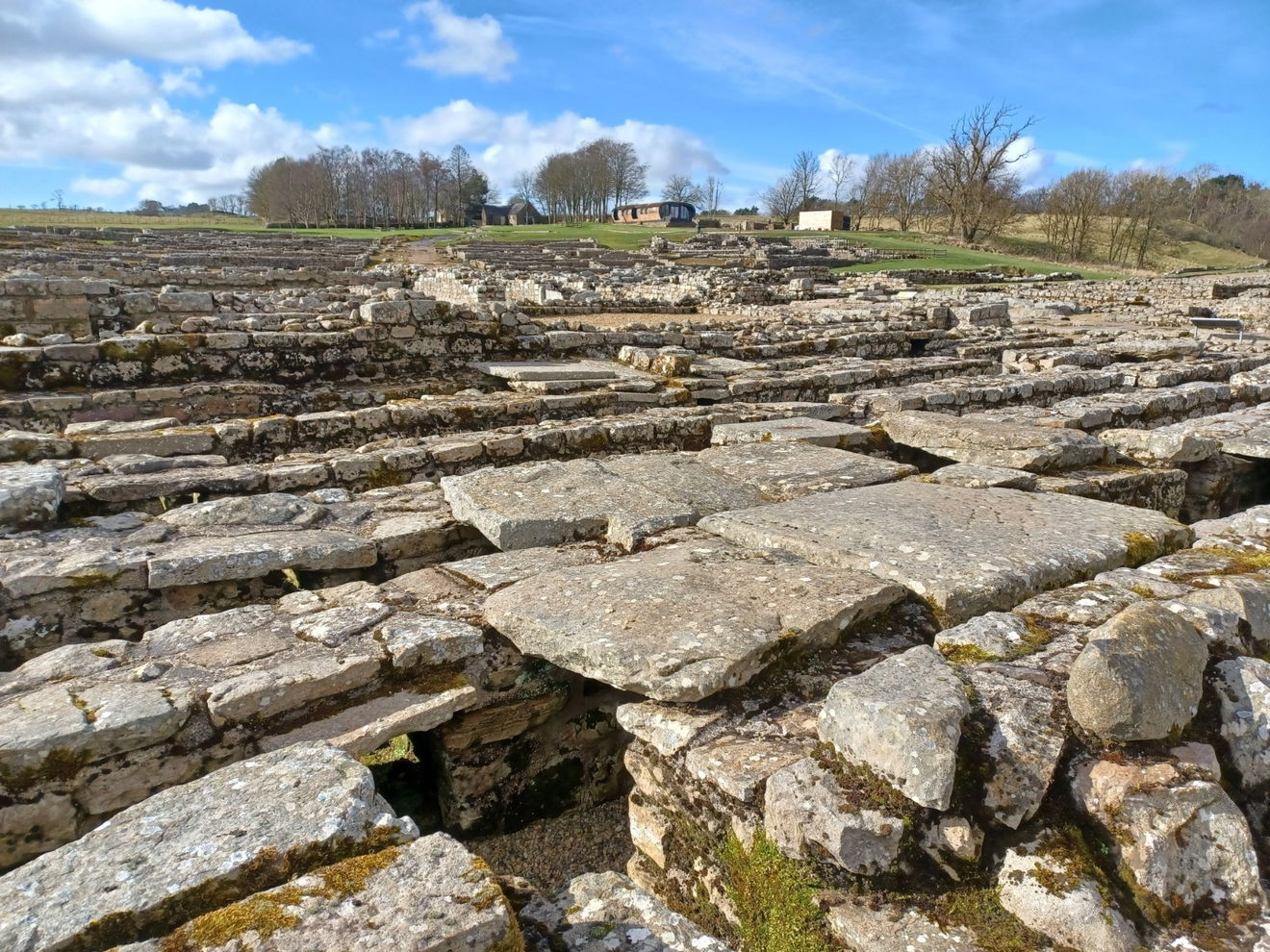
The initial fortifications at Vindolanda consisted of timber and earth, reflecting the temporary nature of the early Roman presence. Archaeological excavations have unearthed five distinct timber forts, each succeeding the previous one as circumstances dictated. These early fortifications housed soldiers, likely auxiliary units recruited from across the vast Roman Empire, who patrolled the surrounding region and ensured stability.
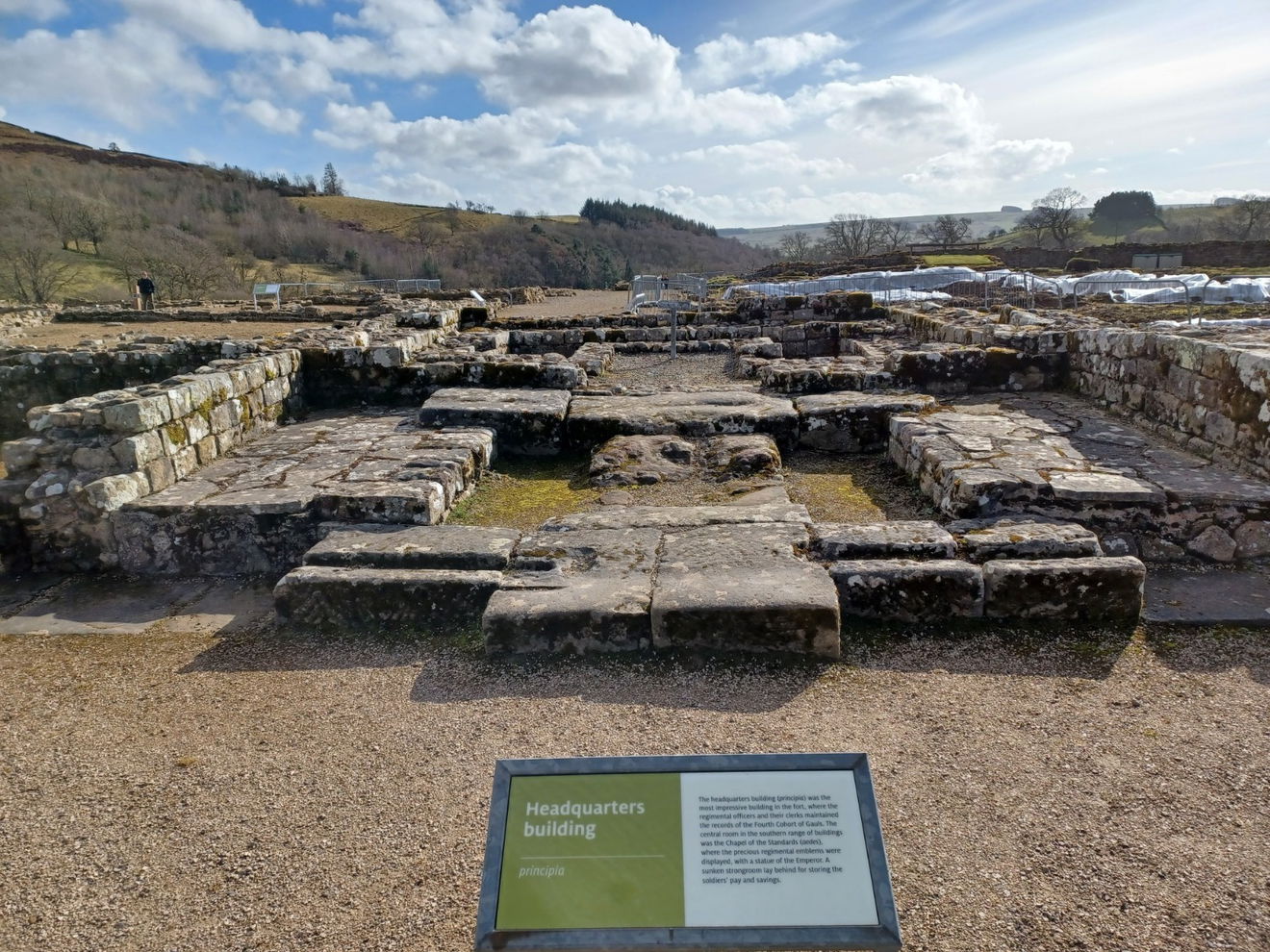
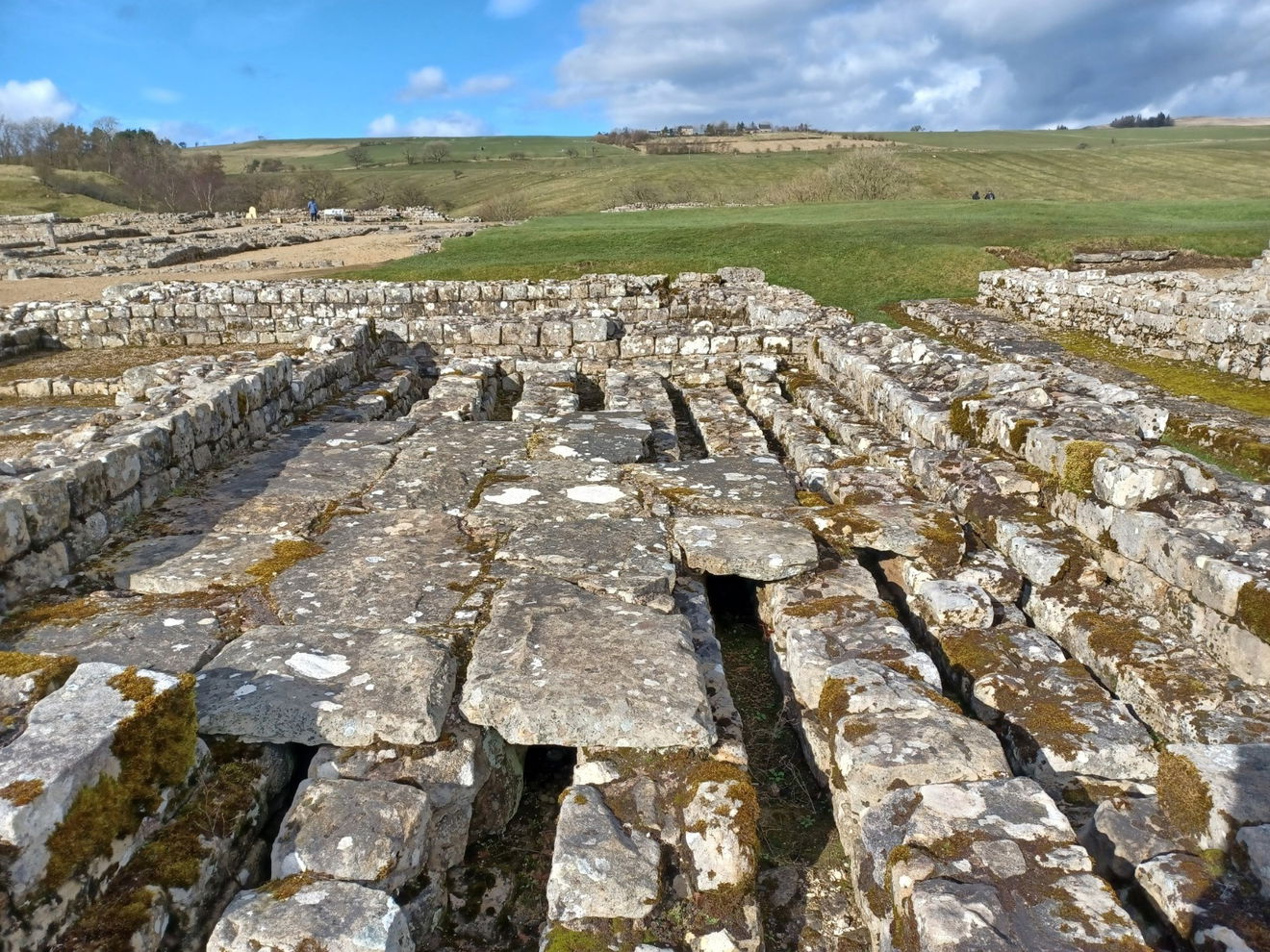
The construction of Hadrian's Wall in the 120s AD significantly impacted Vindolanda's role. While the fort remained occupied, its strategic significance as a frontier outpost diminished. The focus shifted to the newly built Wall, leaving Vindolanda to serve as a crucial supply and communication center for the legions stationed along its length.
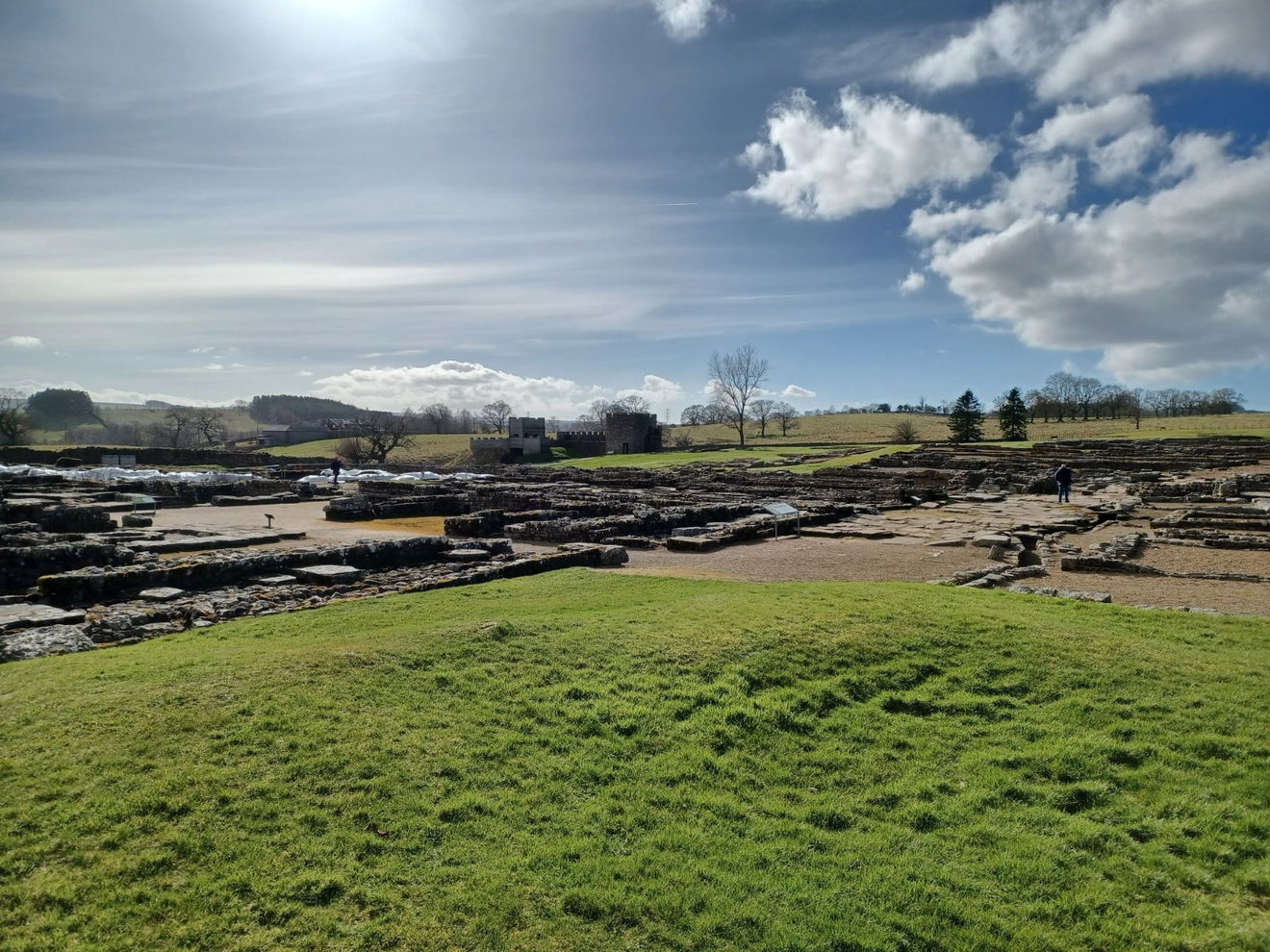
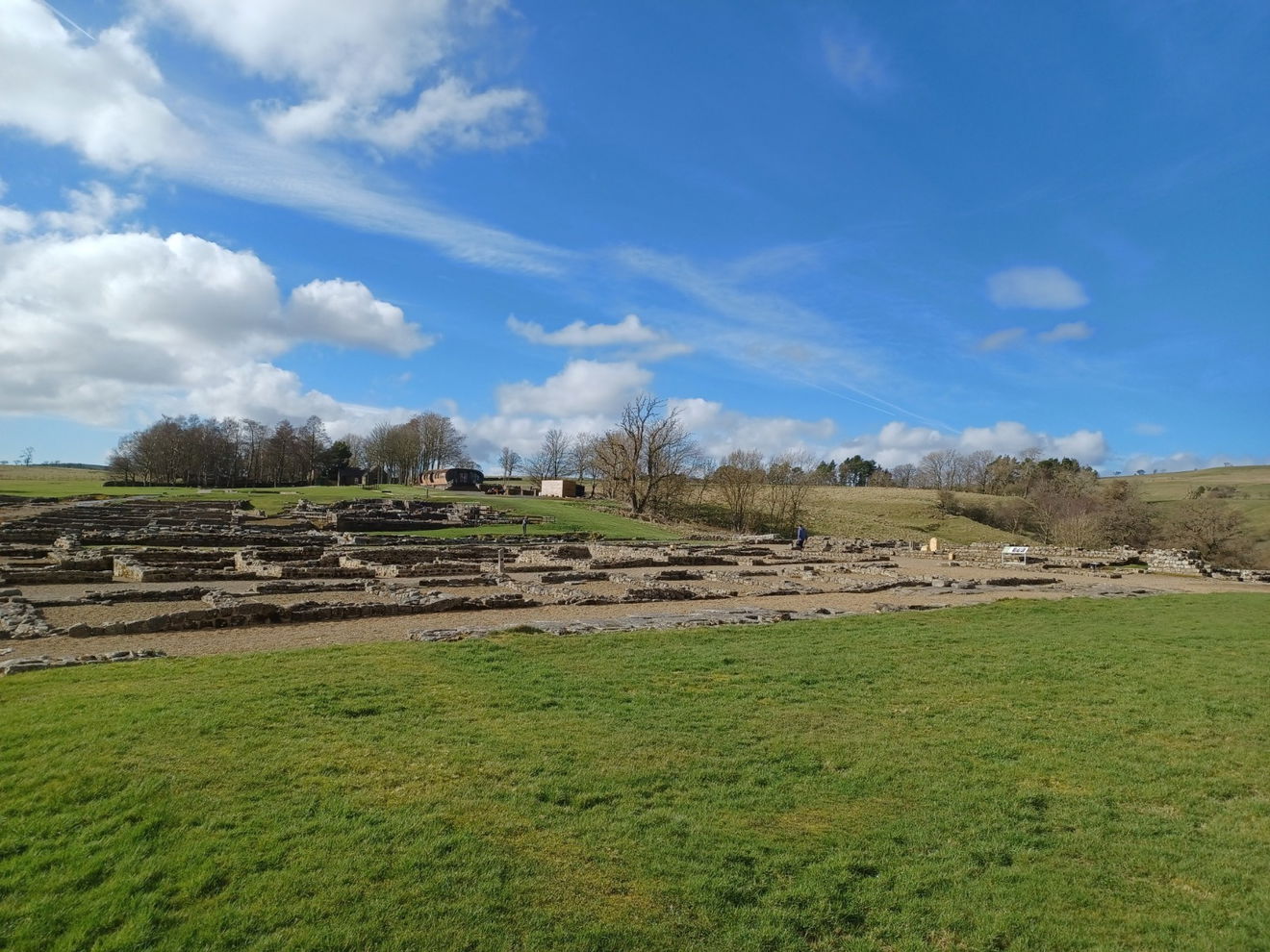
Despite its changing role, Vindolanda continued to be a vibrant community. New stone forts replaced the earlier timber structures, reflecting the fort's continued importance.
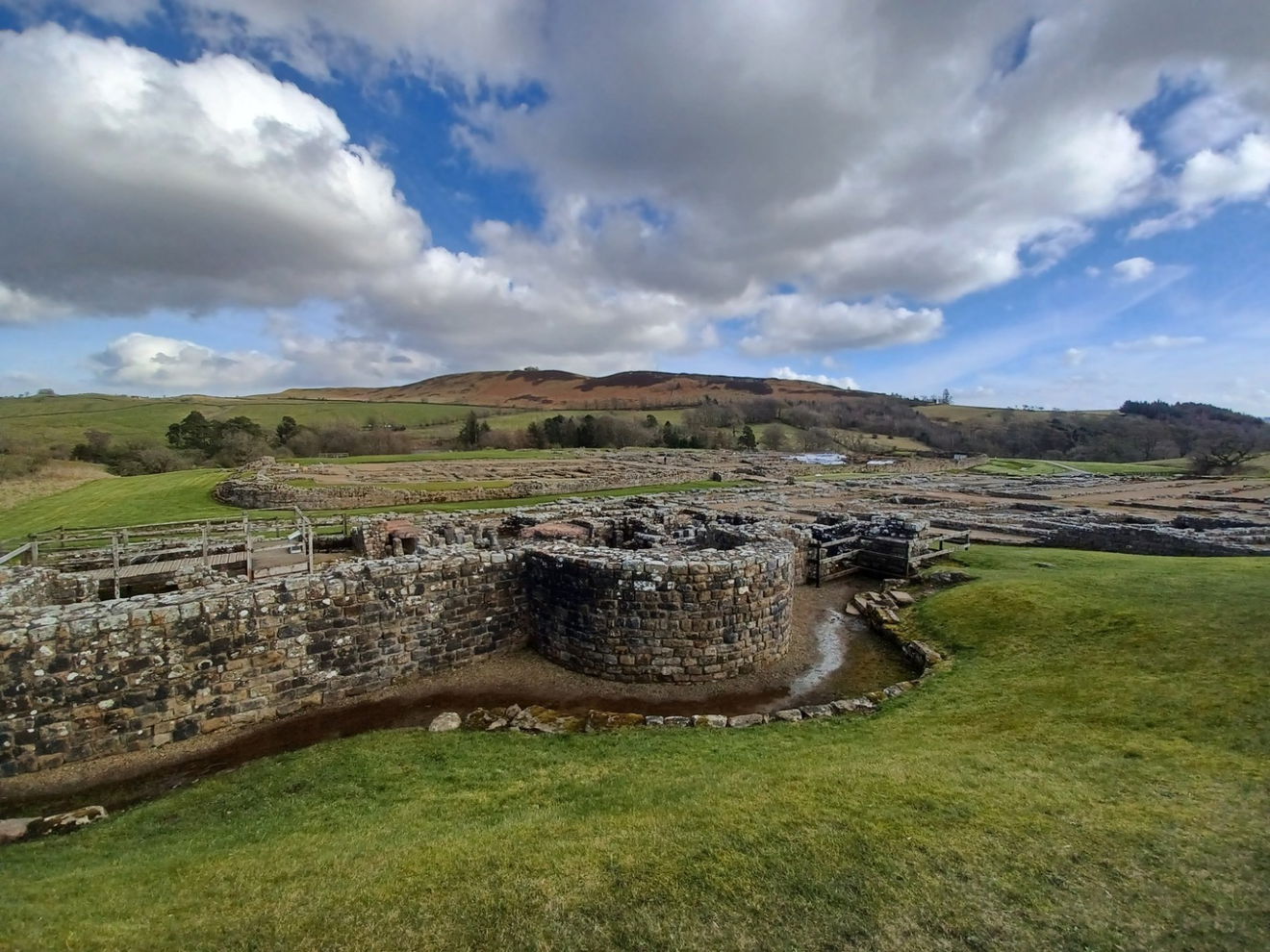
Life at Vindolanda extended far beyond the military realm. Civilian settlements sprang up around the fort, known as the “vicus”, catering to the diverse needs of the soldiers and their families. Shops, taverns, and workshops bustled with activity, providing essential goods and services. Notably, these settlements were not solely occupied by native Britons. Individuals from across the Roman world, including Gauls, Spaniards, and even Egyptians, made Vindolanda their home, forming a vibrant and multicultural community.
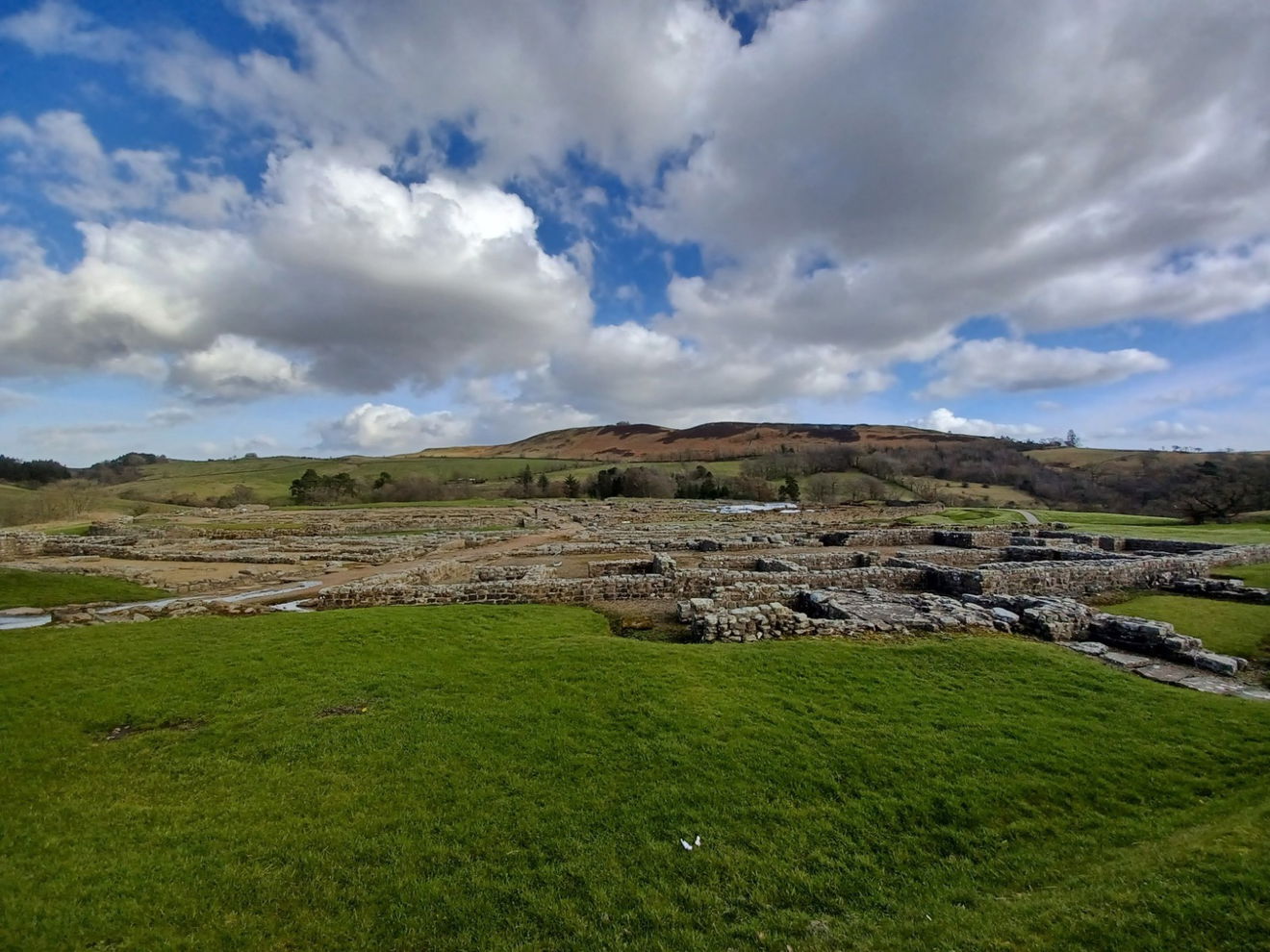
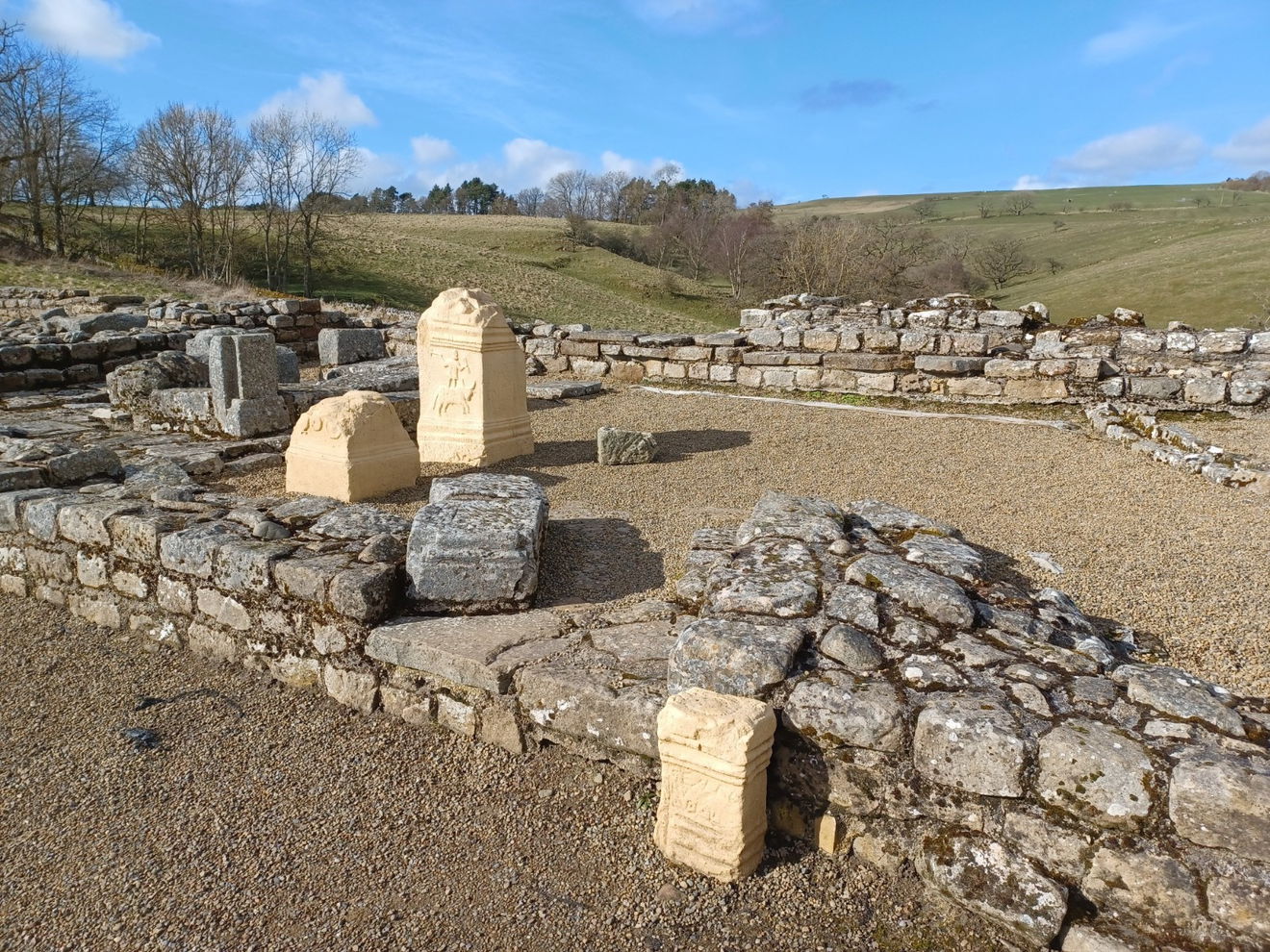
The most compelling evidence of this diversity comes from the Vindolanda tablets, a collection of well-preserved wooden writing tablets unearthed during excavations. These everyday documents, ranging from personal letters to official orders, offer unparalleled insights into the lives of ordinary people under Roman rule.
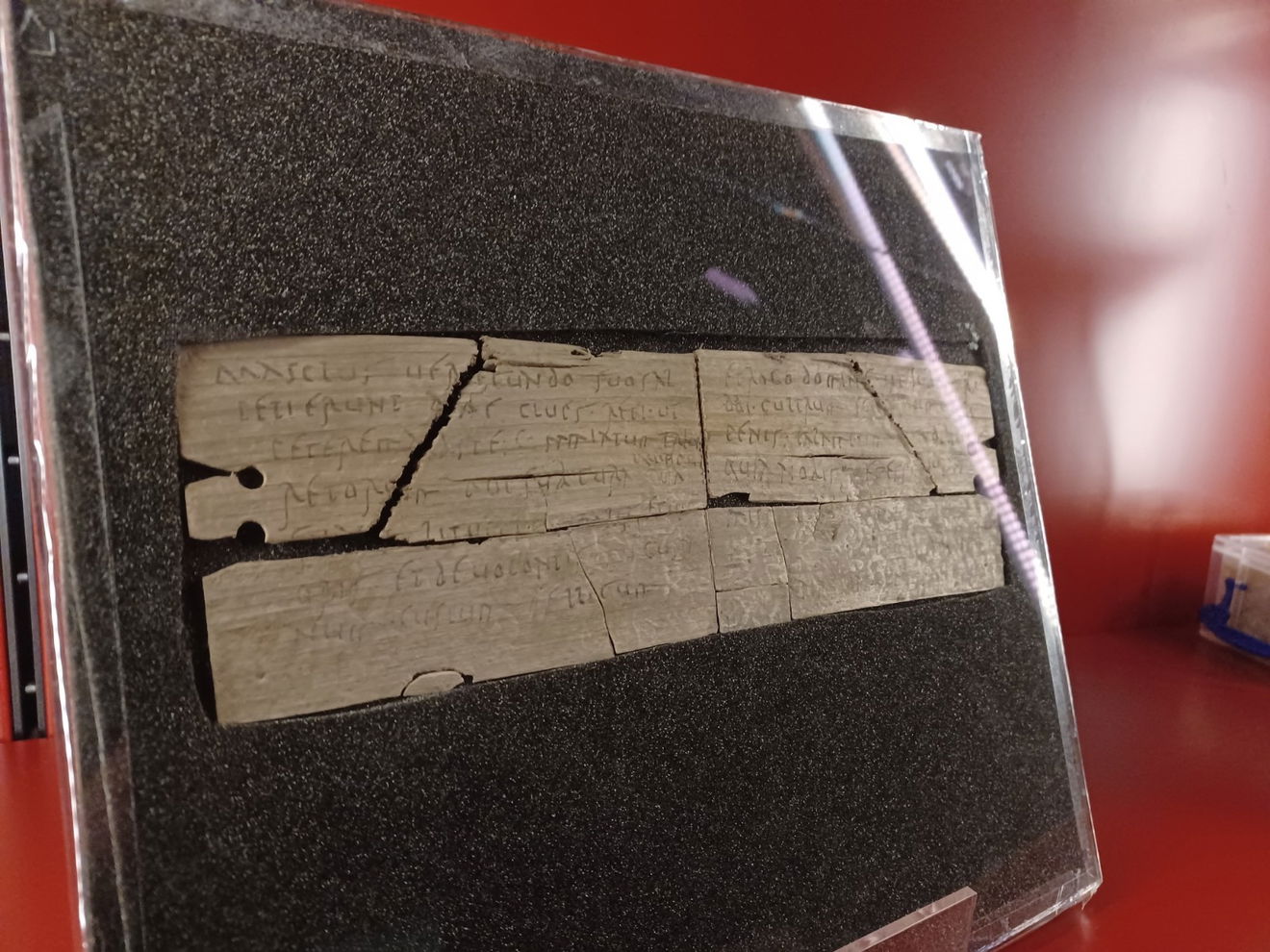
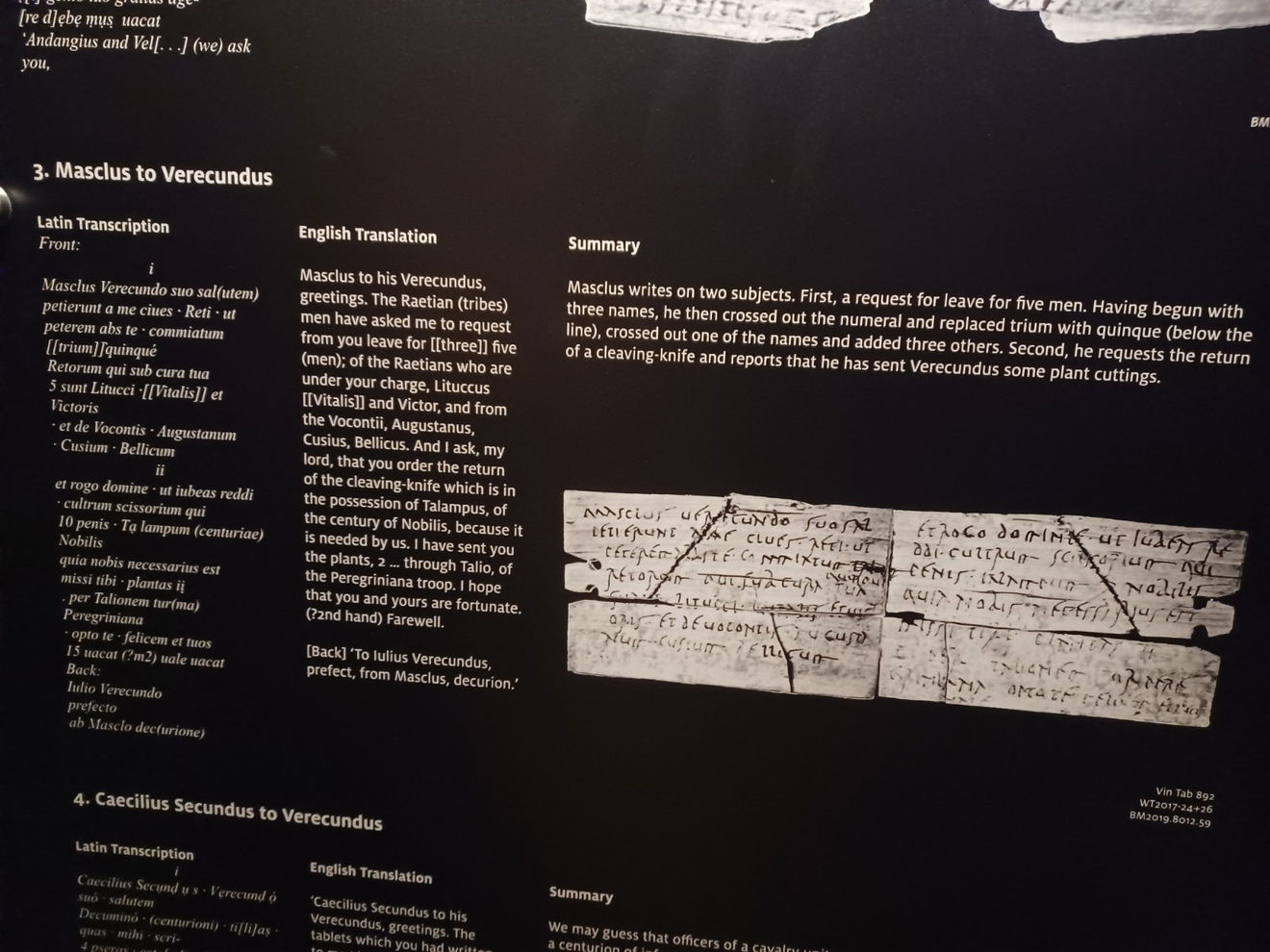
I think the most fascinating thing about the Vindolanda tablets is how mundane many of them are. Soldiers stationed at Vindolanda wrote to their wives, expressed dissatisfaction with poor-quality beer, and even exchanged birthday wishes with fellow soldiers. Simple insights to a familiar world even though almost 2000 years of history have passed in the meantime. The tablets, meticulously preserved in the unique anaerobic conditions of the site, provide a poignant and intimate connection to the daily realities of life on the Roman frontier.
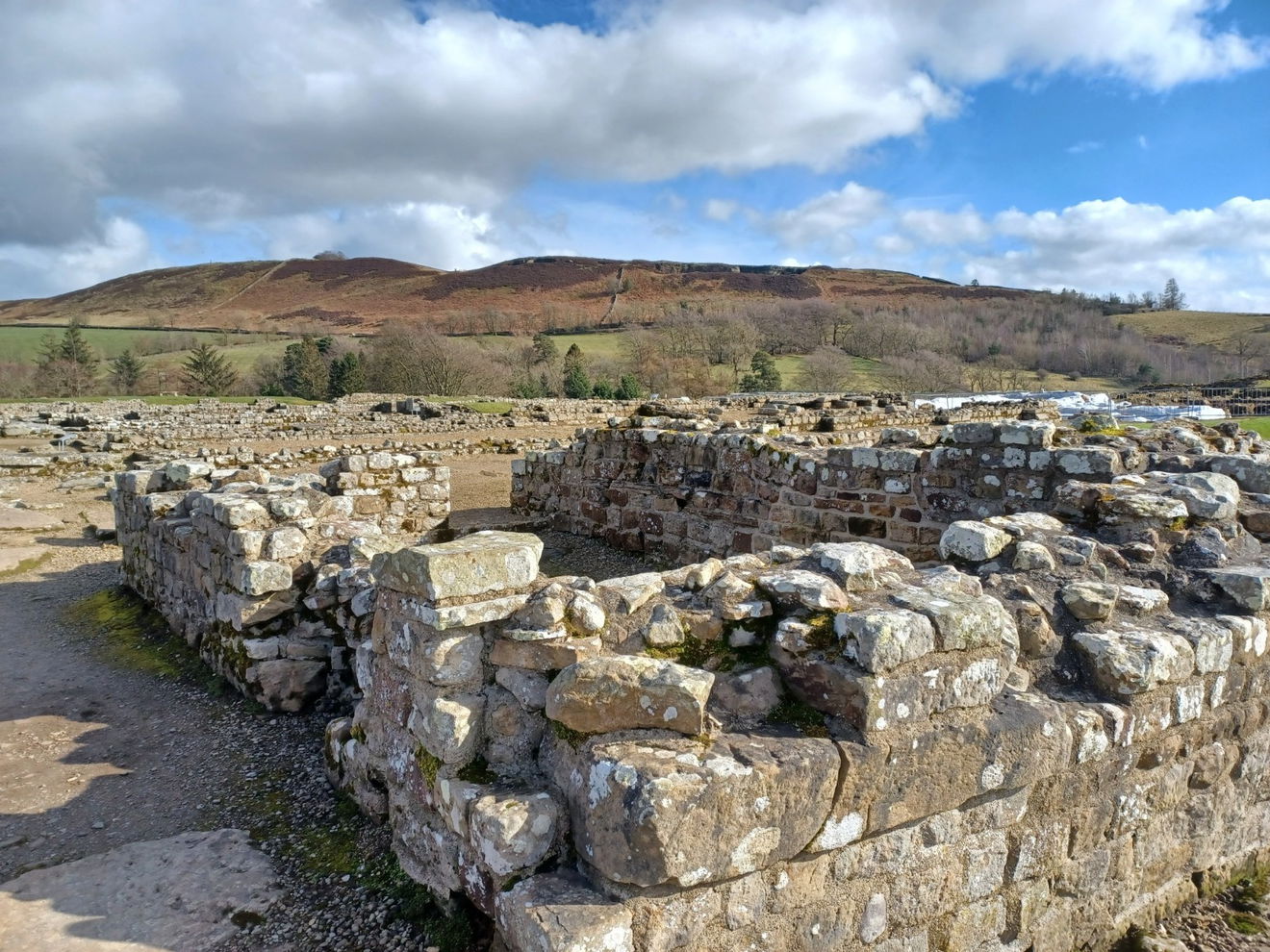
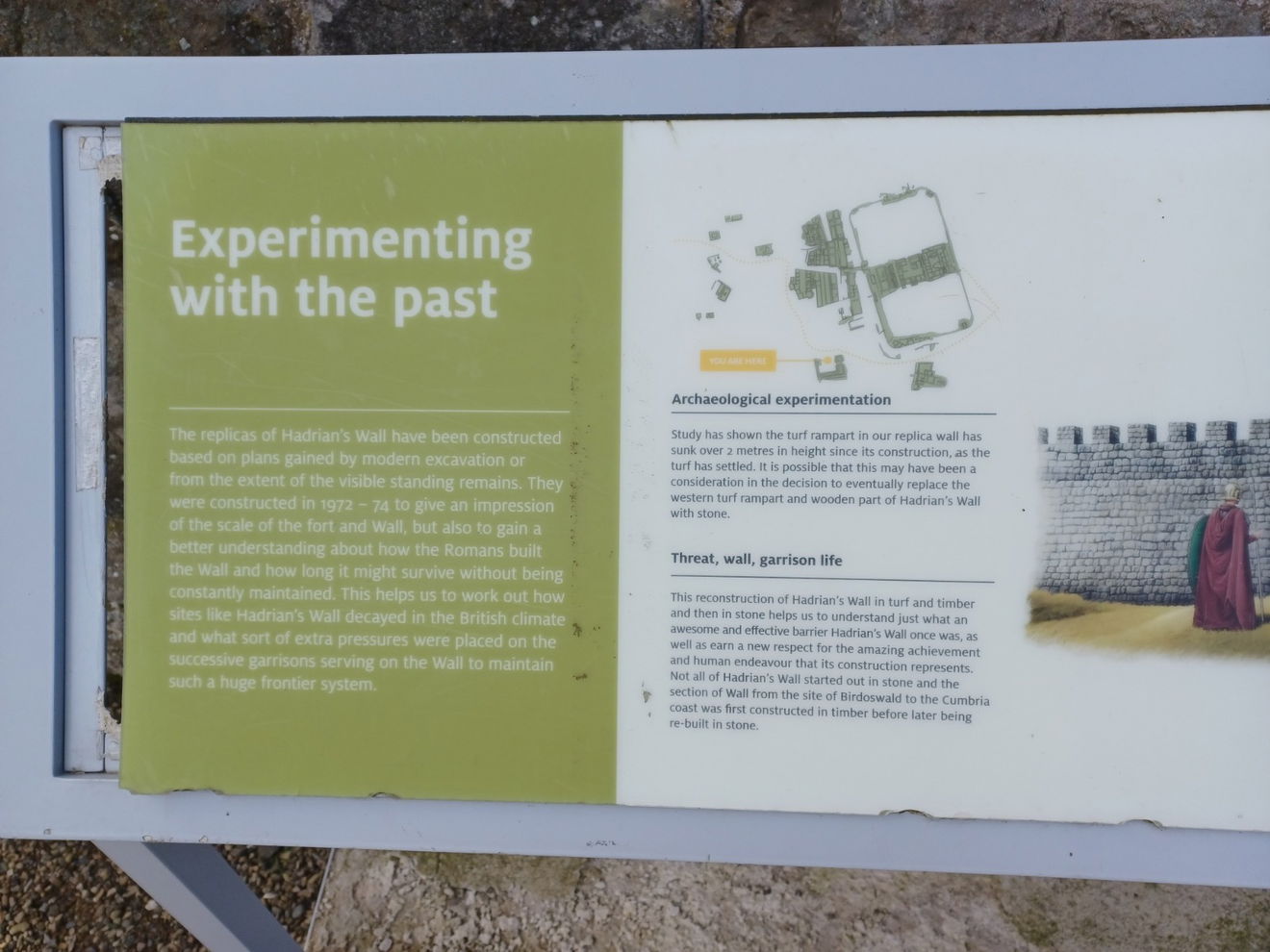
The 4th century AD brought about significant changes across the Roman Empire. Barbarian incursions and internal strife led to the gradual withdrawal of Roman forces from Britain. Vindolanda was eventually abandoned around 370 AD, marking the conclusion of an era. So how did Vindolanda end up as it does today? Well, that is mainly down to one man, Eric Barff Birley.
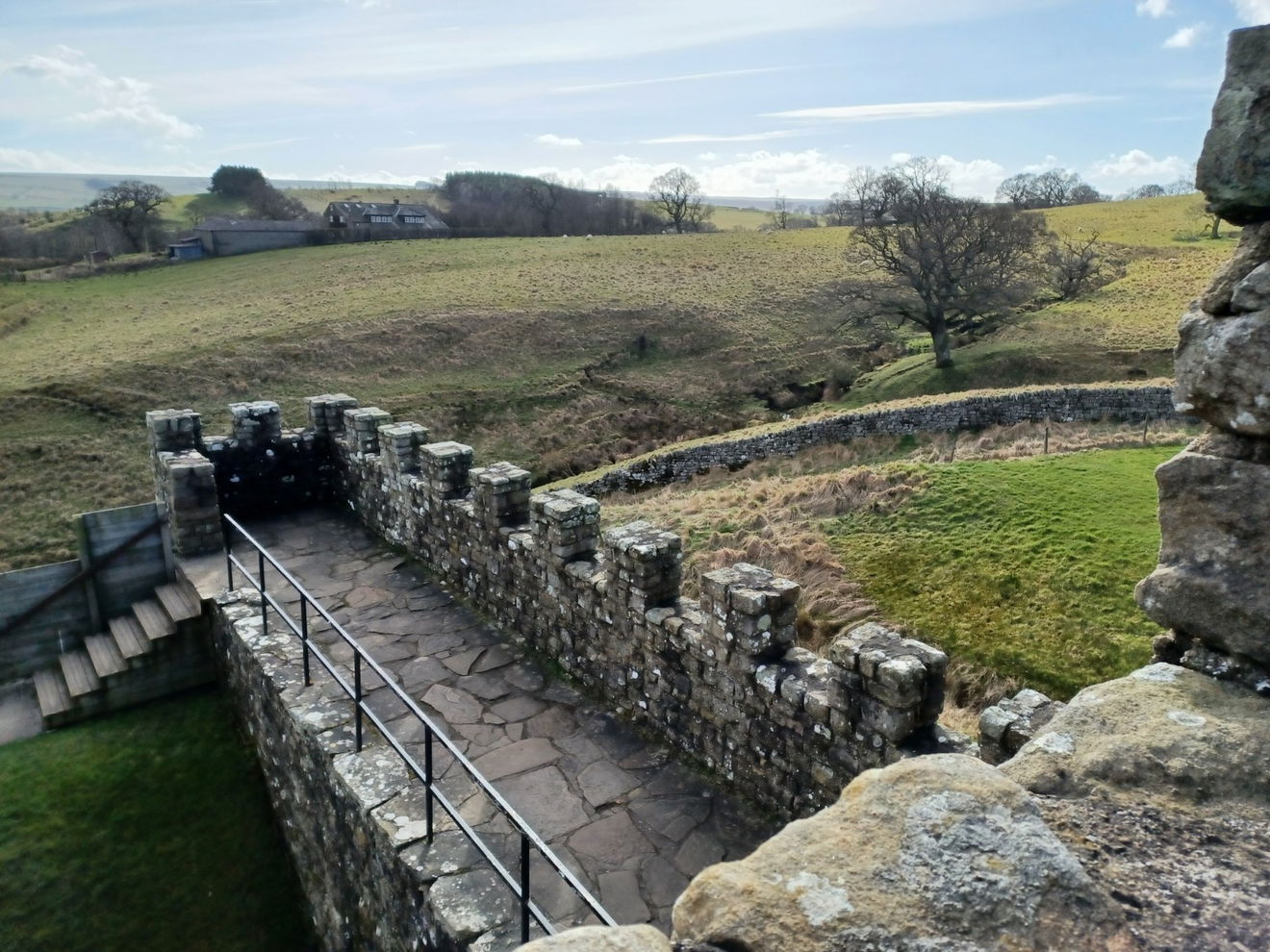
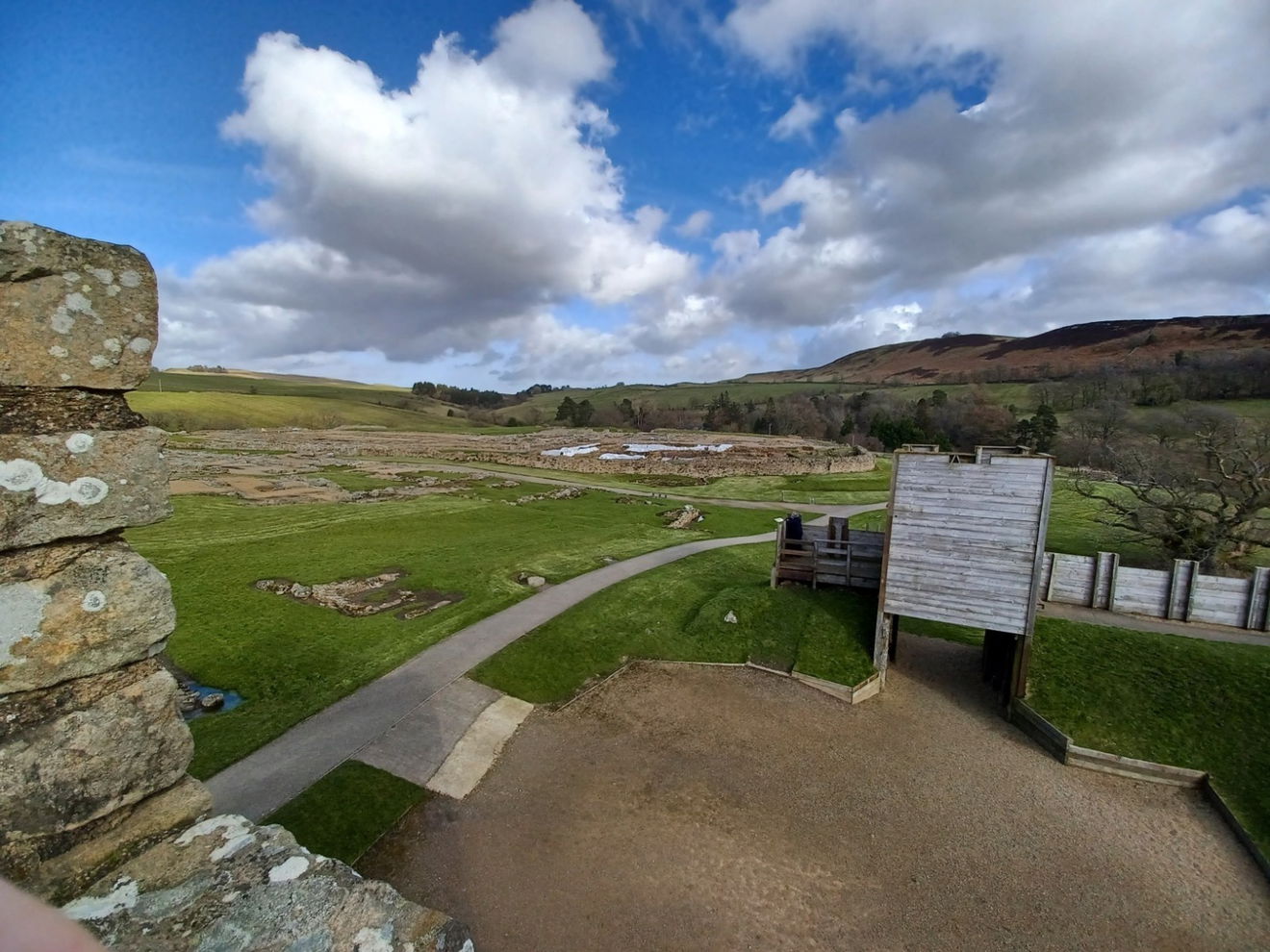
Eric Barff Birley, born in 1906, is a important figure in the realm of Roman history and archaeology. His life was dedicated to meticulous research, rigorous excavation, and a passionate pursuit of understanding the Roman world, particularly in the context of Britain. His extensive work at Vindolanda resulted in remarkable discoveries that fundamentally altered our understanding of life on the Roman frontier.
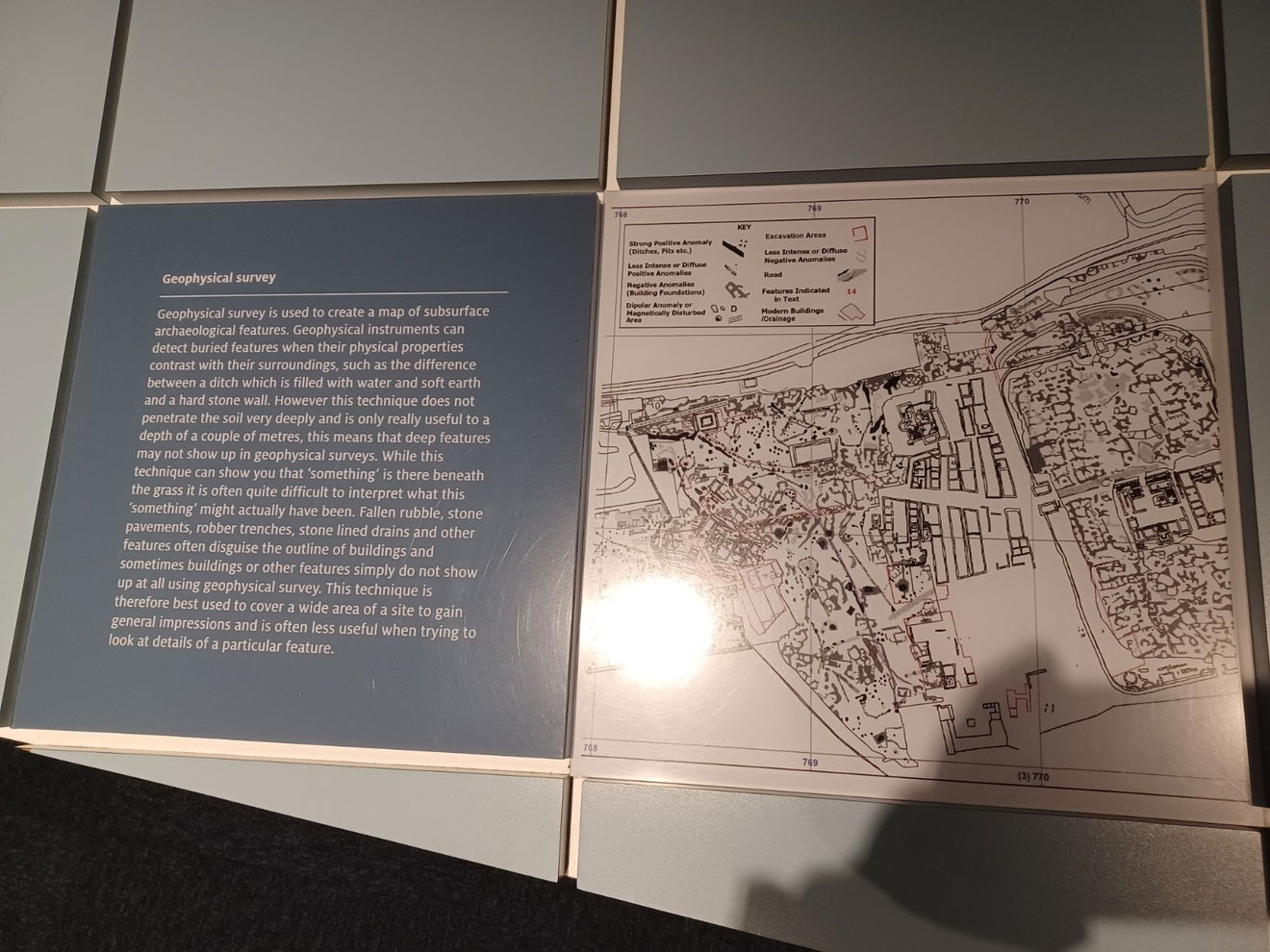
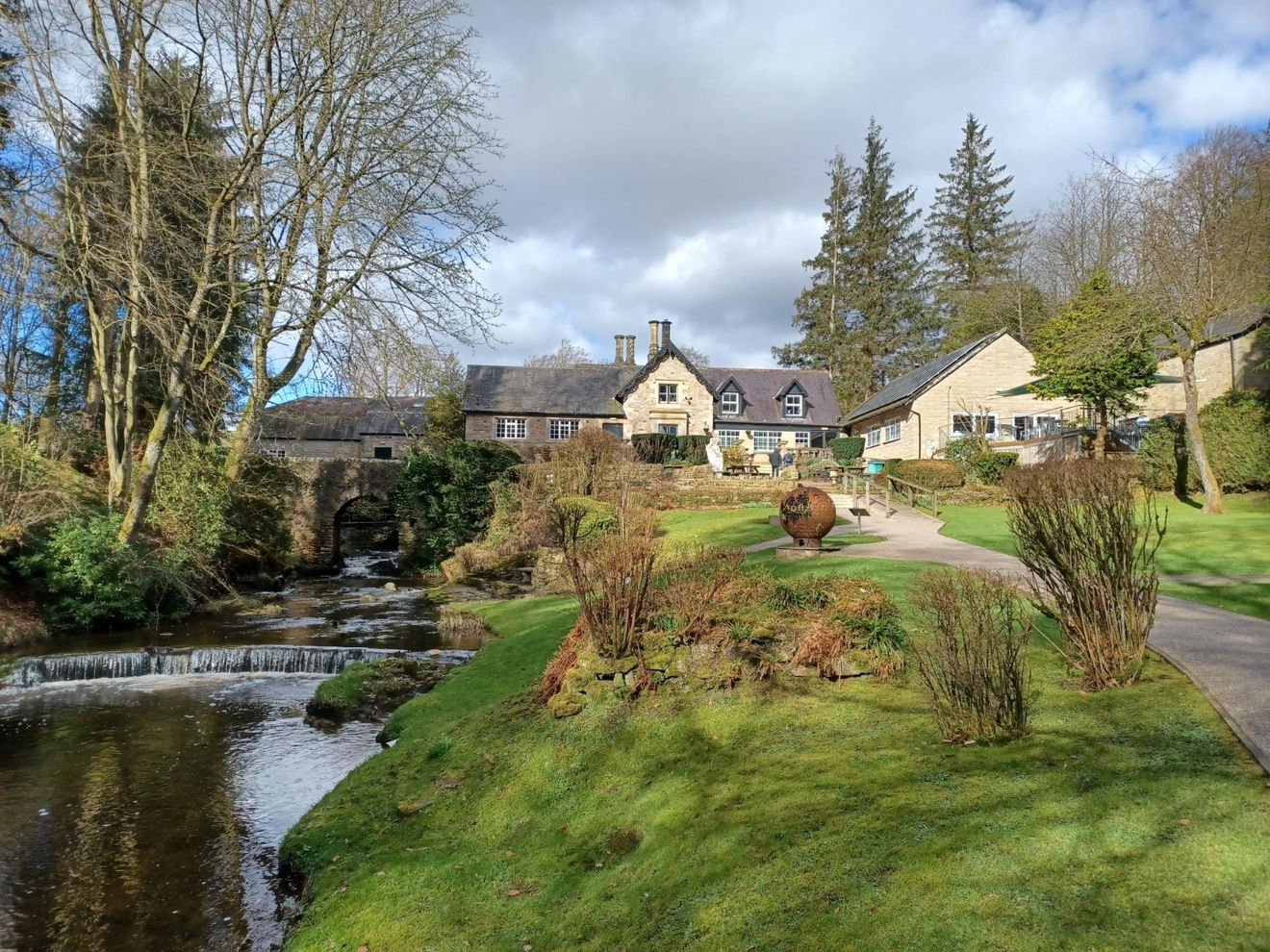
Birley's fascination with the Roman world began at a young age, nurtured by his father, an avid collector of Roman coins. This early spark ignited a lifelong passion, leading him to pursue classical studies at Brasenose College, Oxford.
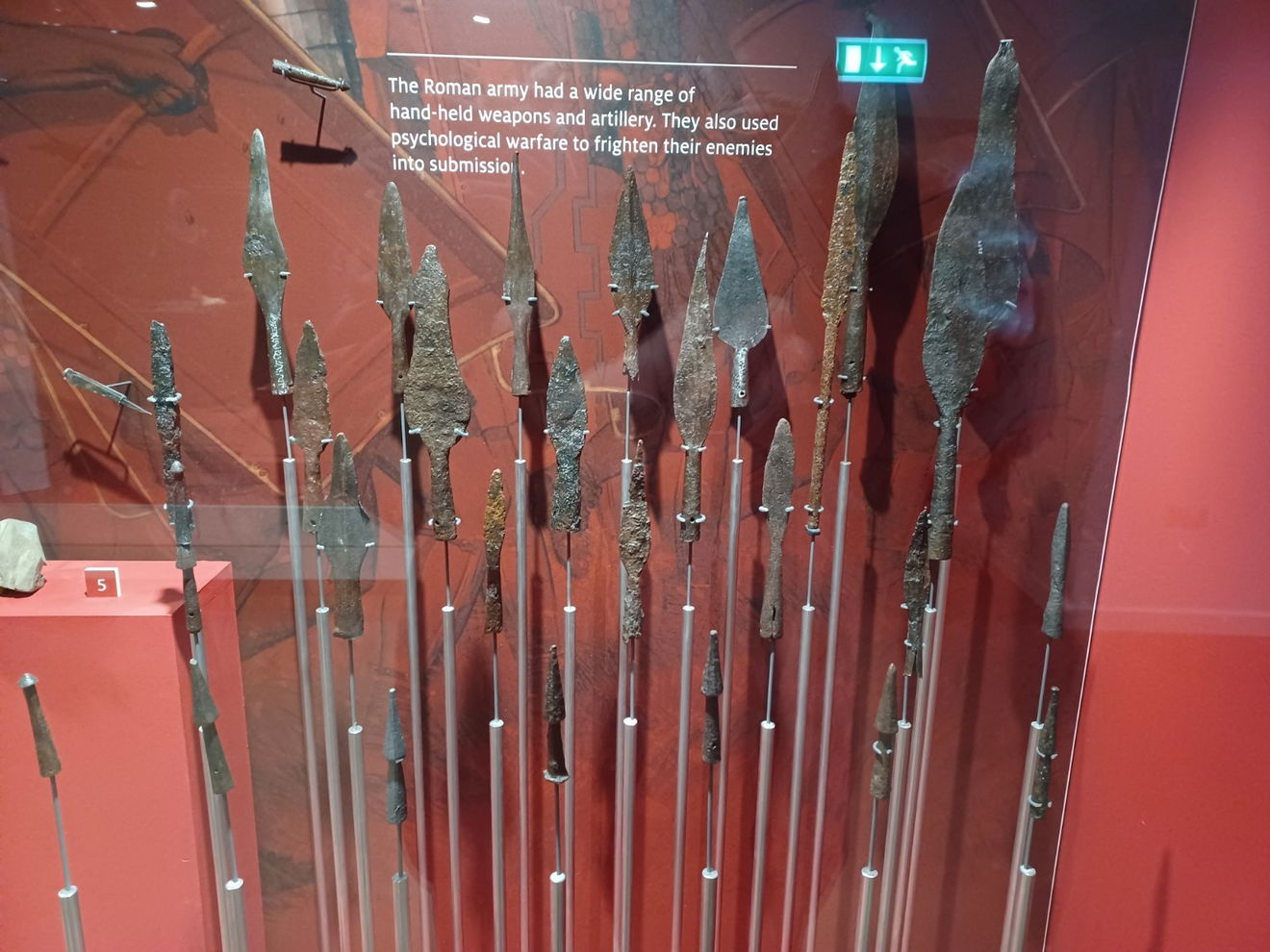
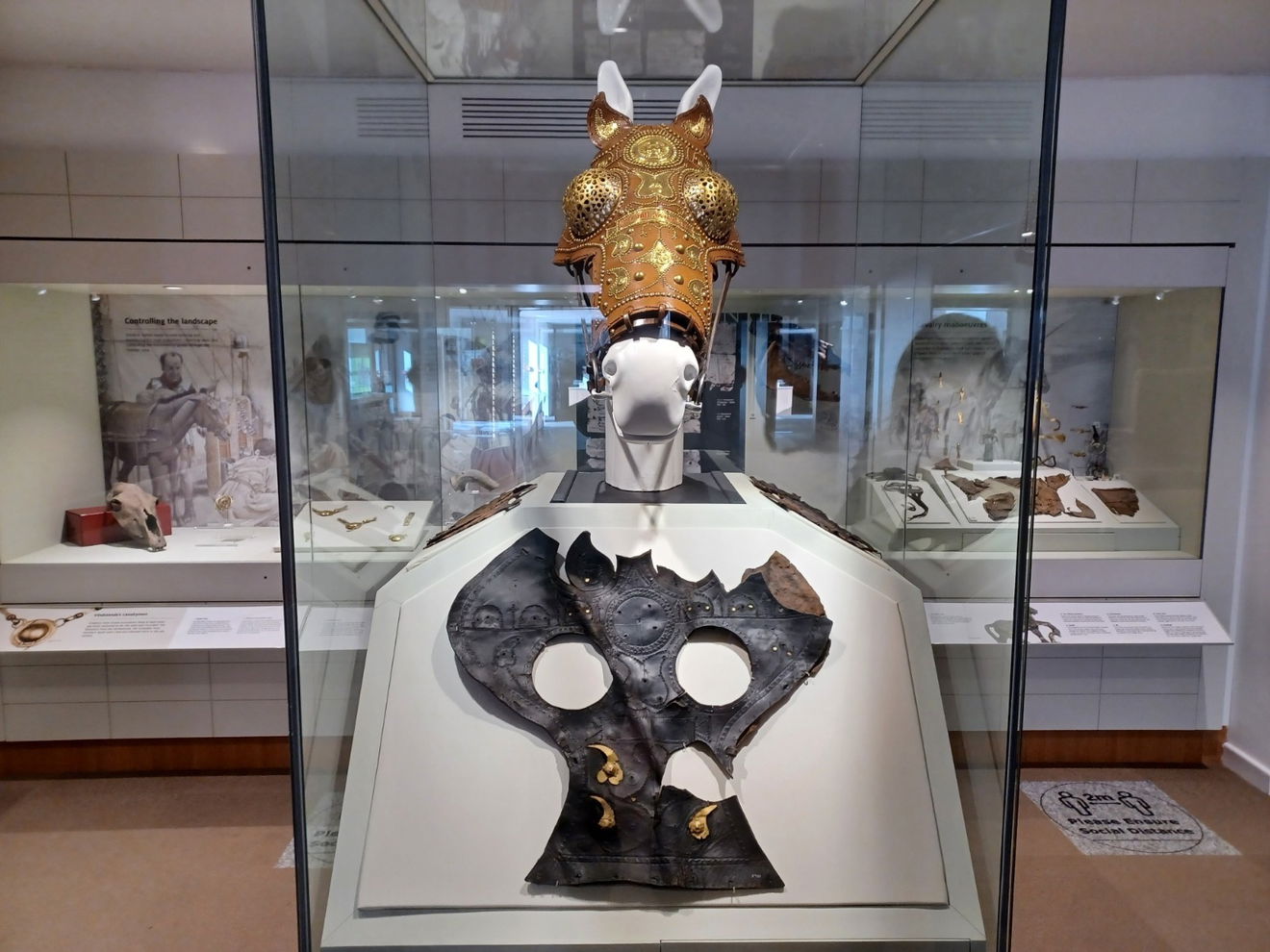
Birley's academic endeavours were temporarily interrupted by World War II. Despite his scholarly inclinations, his fluency in German and knowledge of Roman military history made him invaluable to the war effort. He served in Military Intelligence, analysing German military strategy and tactics. This wartime experience, albeit a deviation from his academic pursuits, inadvertently enriched his understanding of Roman military organization and operations, proving instrumental in his later interpretations of archaeological finds.
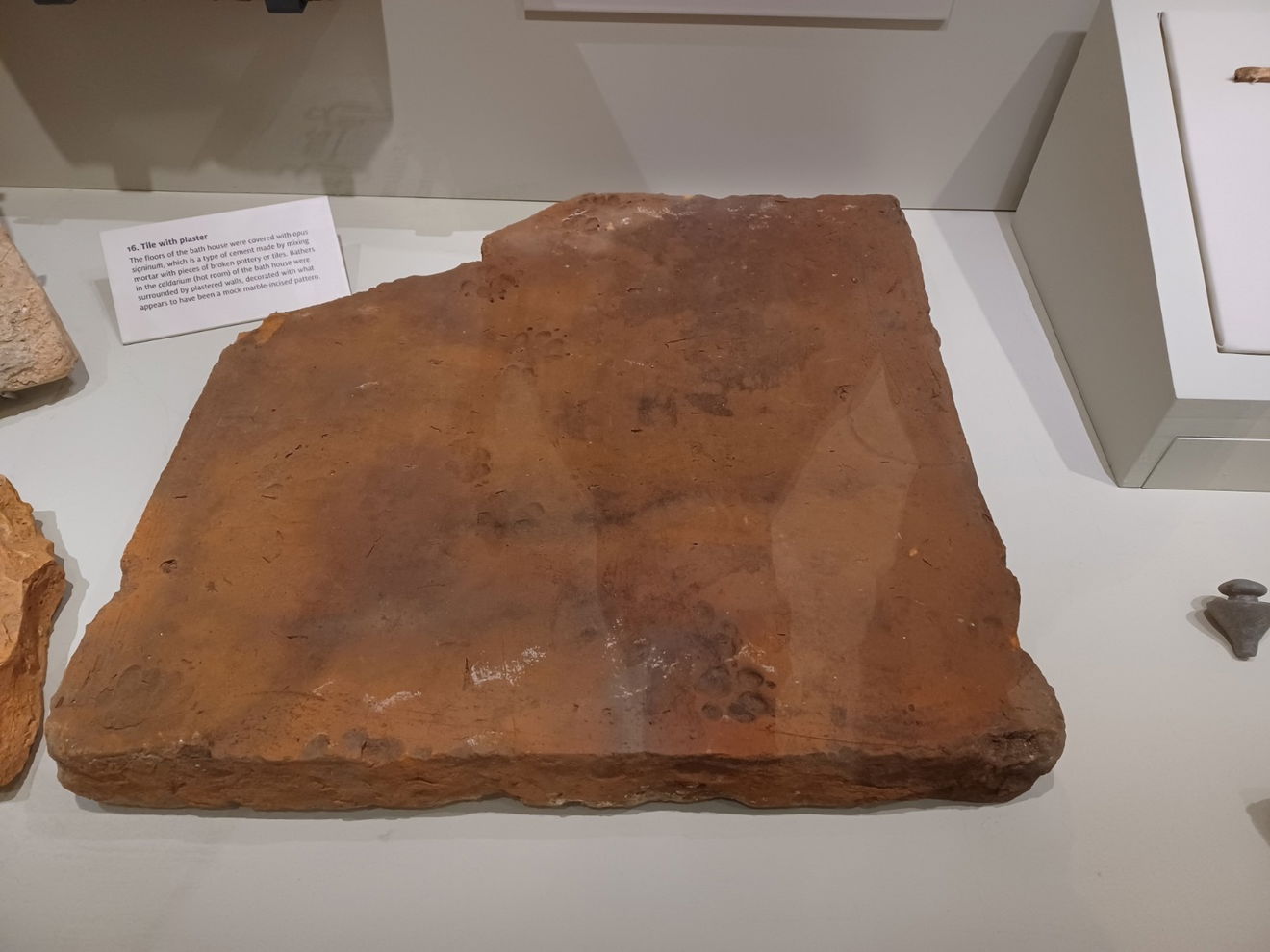
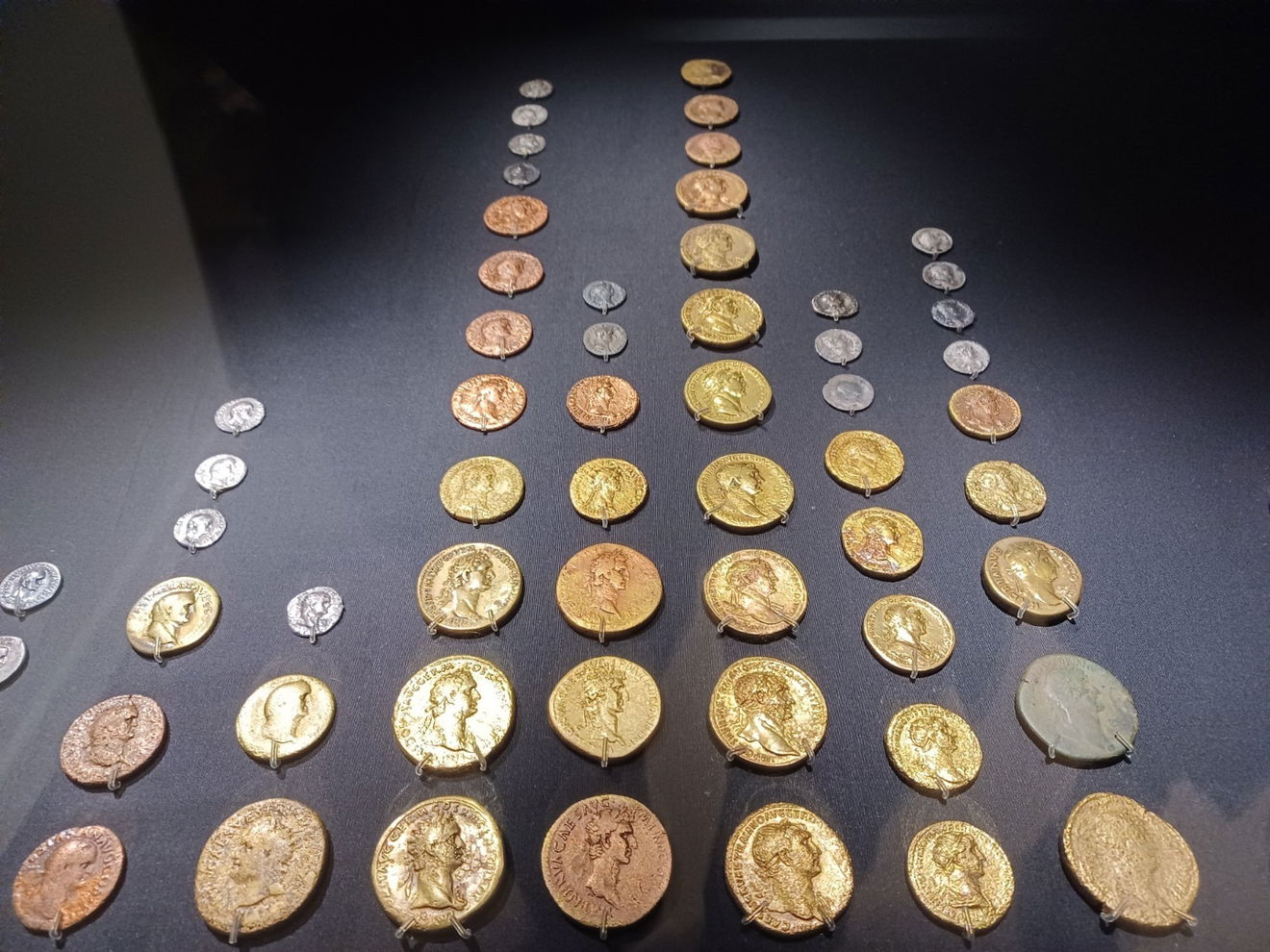
Following the war, Birley returned to academia, joining the University of Durham in 1946. His arrival marked a turning point for the university's archaeological department. He established the School of Archaeology and Classics, laying the foundation for its future academic excellence. His own enthusiasm for research and meticulous approach to excavation inspired generations of students and fellow archaeologists.
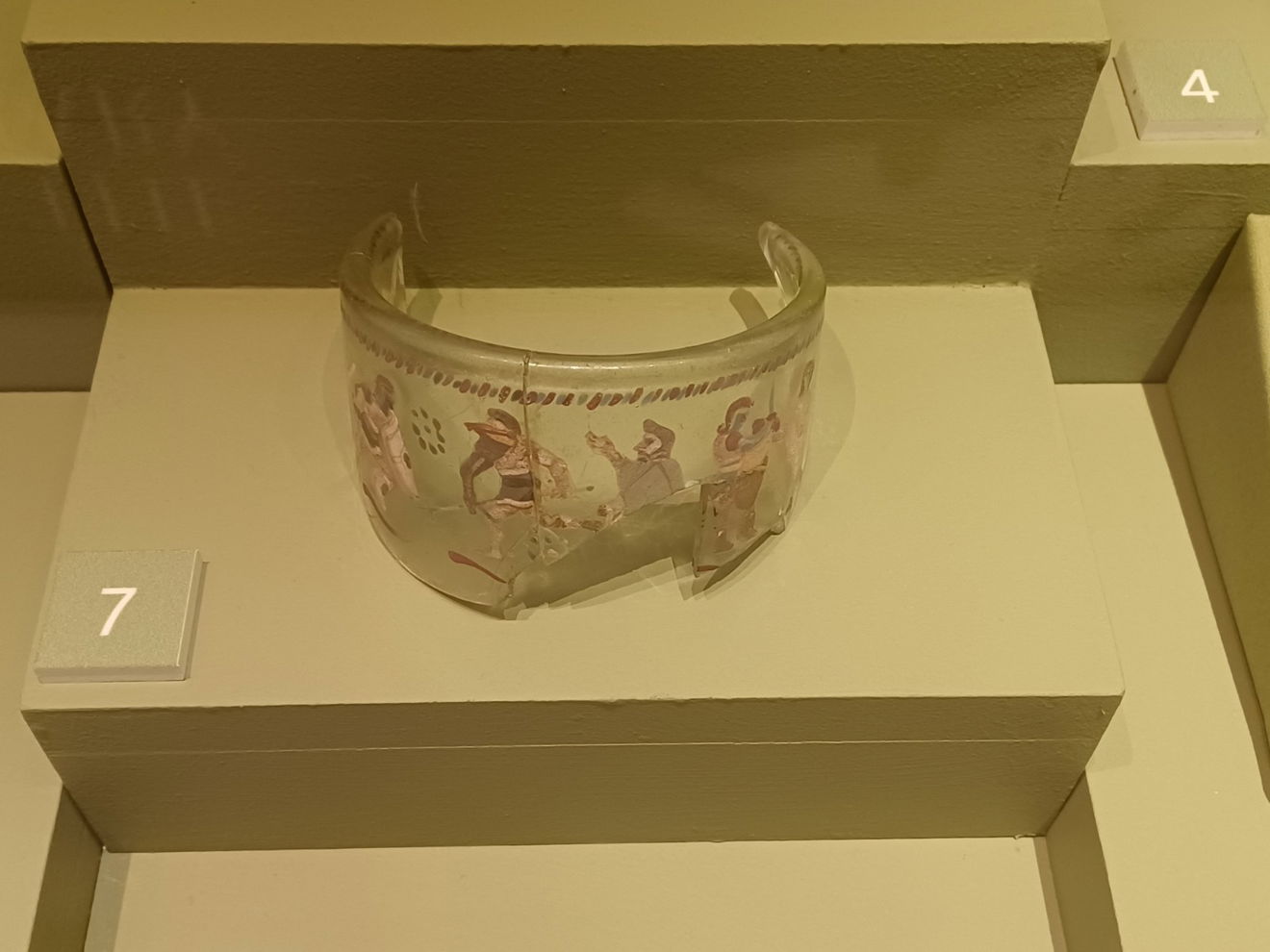
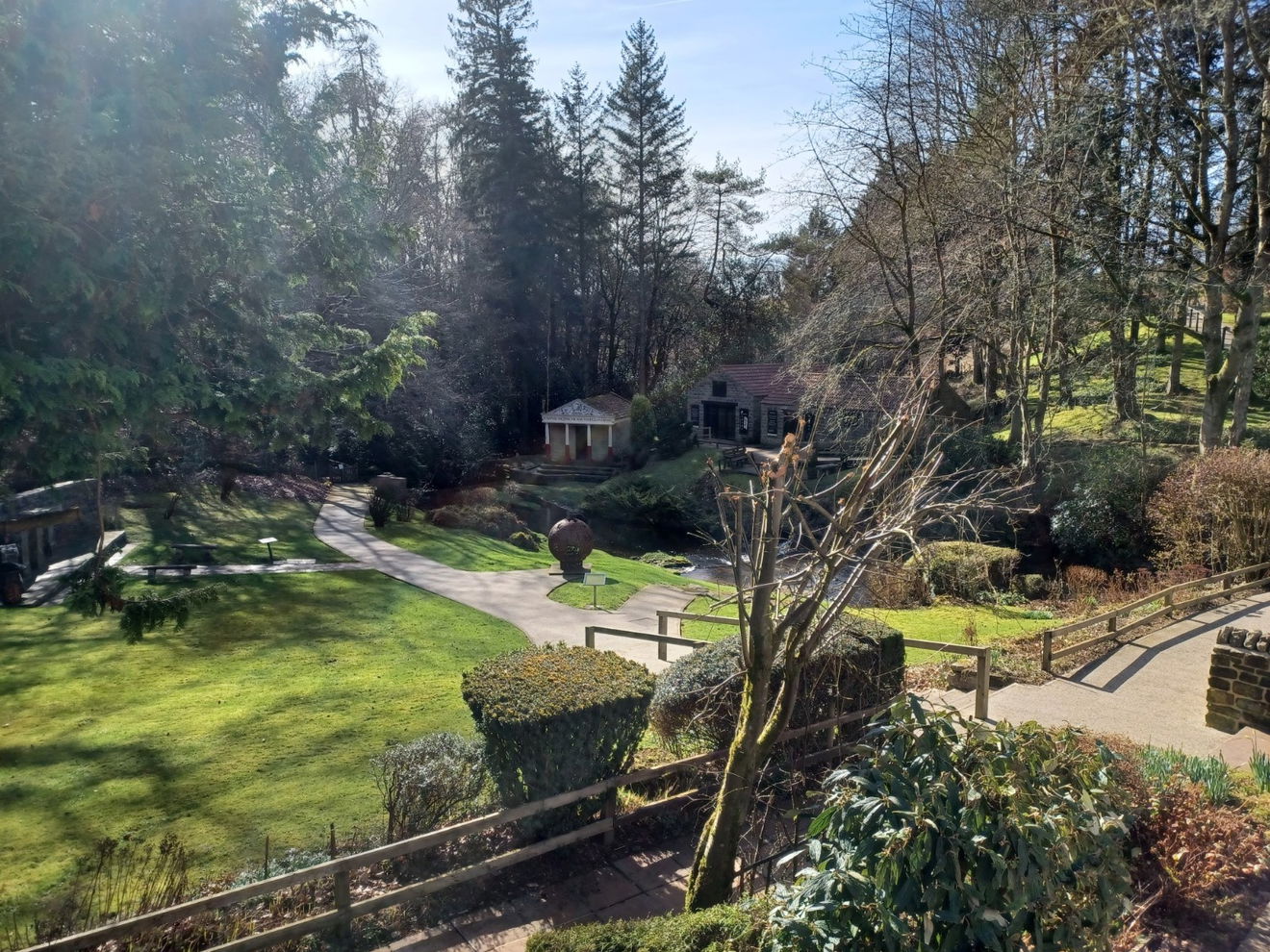
Birley first became involved in the excavations at the site in 1930, as a student and from 1962 onwards, he assumed the role of Director of Excavations, dedicating the next three decades to the meticulous and systematic unearthing of the Roman fort's rich history. His sons Robin and Anthony were also heavily involved in the excavations at Vindolanda and his Grandson Andrew Birley is the current Director of Excavations.
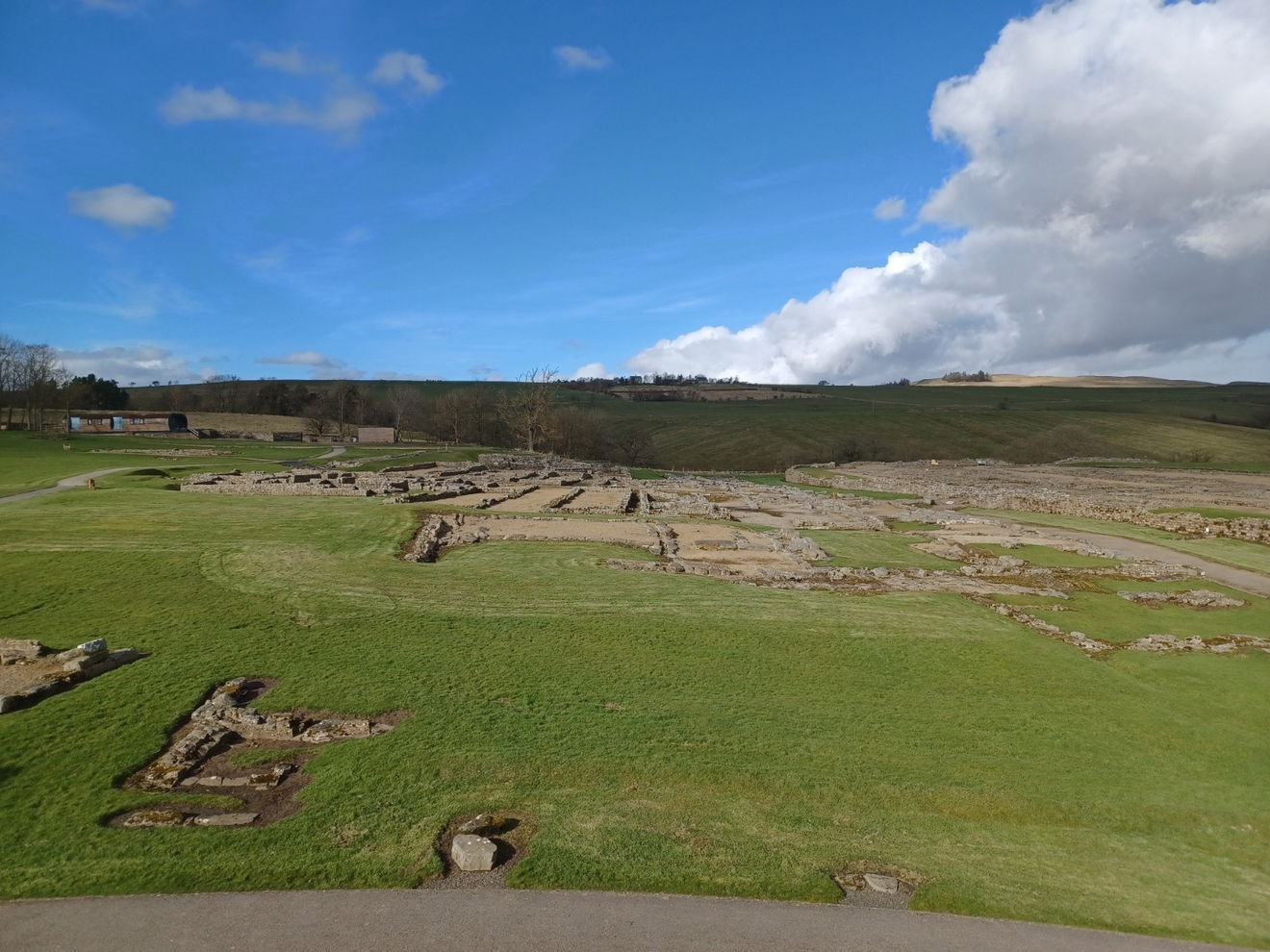
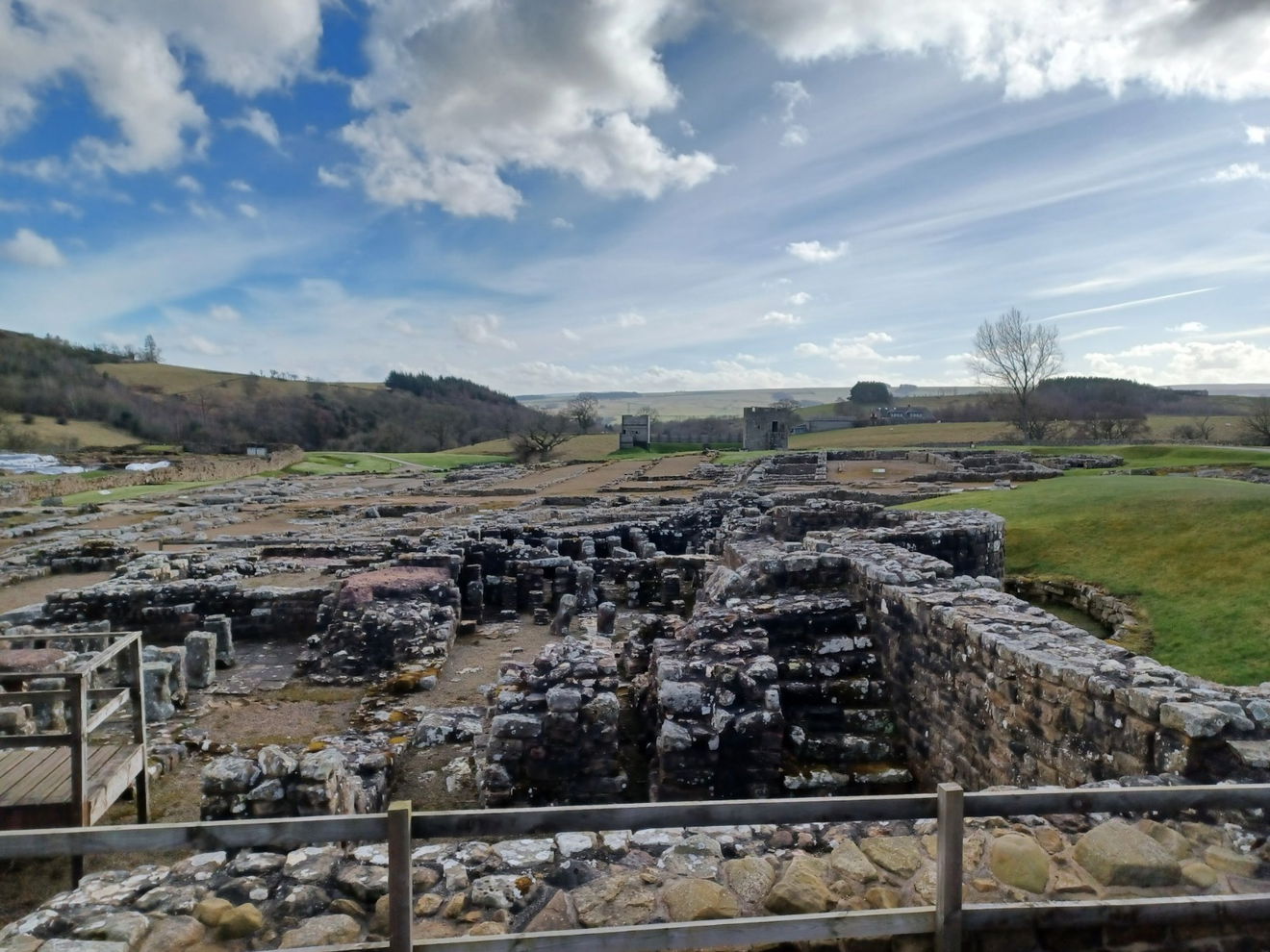
There is a huge amount of history and stories to be told about life at Vindolanda, far too much for us to write about here, so it is worth visiting their website, and if you get the chance the site itself. They estimate that they have only uncovered about 27% of the site to date so have around 150 years of work still to do.
Get 3 points if you have visited this place. Already visited by 259 VIPs.
Login to the VIP area to add places to your bucket list, mark them as visited and more importantly see where you rank on the league table.
How To Find Vindolanda
Where To Park For Vindolanda?
Lat / Long
54.991362, -2.365769
What three words
Parking is on-site.
Contributed by Andrew Gardner
I love being outdoors, in nature, and experiencing the relaxation it brings. Wandering through the northern countryside seeing unexpected buildings, historic places and occasionally surprised wildlife is one of life's great pleasures.
More Places from Andrew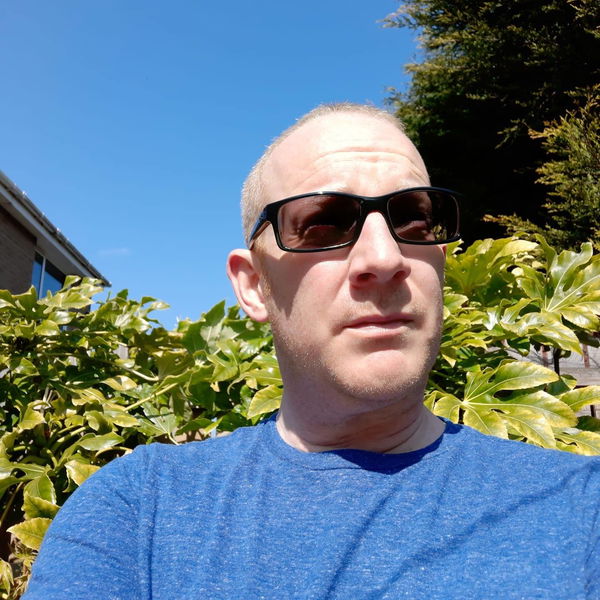
More Places In Hexham
Find more fabulous places in Hexham, Northumberland and if you know of a place we haven't listed, then let us know.
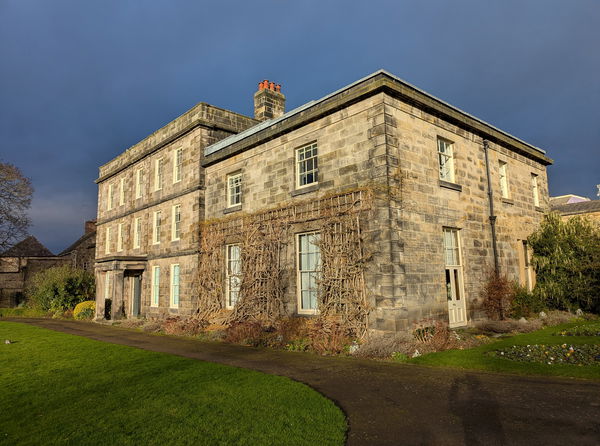
Hexham House And Nuclear Bunker
Building Hexham NorthumberlandHistoric 18th Century Grade II Listed Building and Grounds now used as a Registry Office with space for ceremonies and on-site accommodation, whilst the basement includes the remains of a Cold War Nuclear Bunker.

Hexham Totem Poles
Art Hexham NorthumberlandFour totem poles which are part of a flood defence scheme.

Hexham Old Gaol
Building Hexham NorthumberlandEngland's oldest gaol, built in 1333 from the stone of the Corbridge Roman site.
More Museums
So this museum wasn't enough and you want more? Don't worry we have you covered.

Preston Park Museum And Grounds
Museum Stockton on Tees North YorkshireA former gentleman’s Georgian residence and now a museum in a park nestled along the river Tees.
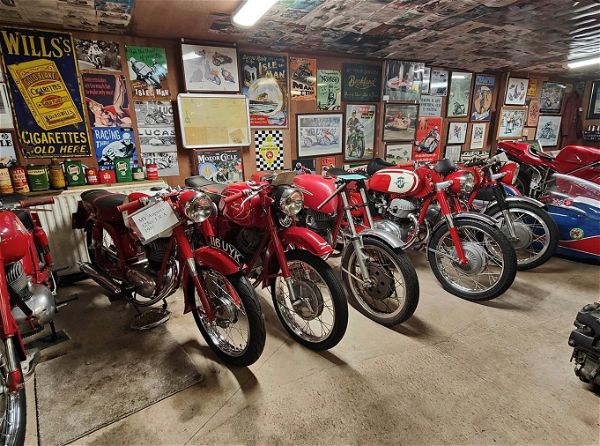
Mike Barry Motorcycle Museum
Museum Carlisle CumbriaA museum with a truckload of old bikes beautifully restored by past racer Mike Barry.

Land of Iron Museum, Skinningrove
Museum Saltburn North YorkshireA real Iron Ore mine which has now been converted into a museum.
Never Miss A Fabulous Place
If you are afraid of missing out on all the fabulous places we post, or just want to be the first to know, then sign up to the Fabulous North.
Each week we will email you all the brand new places that we visit.
Sign Up To AlertsFind Us On Facebook
We post all our new places daily on our Facebook Groups page, so join the group today and be notified when we add a new place.
Join Our Facebook GroupVindolanda was listed in Museum // Northumberland // Hexham


